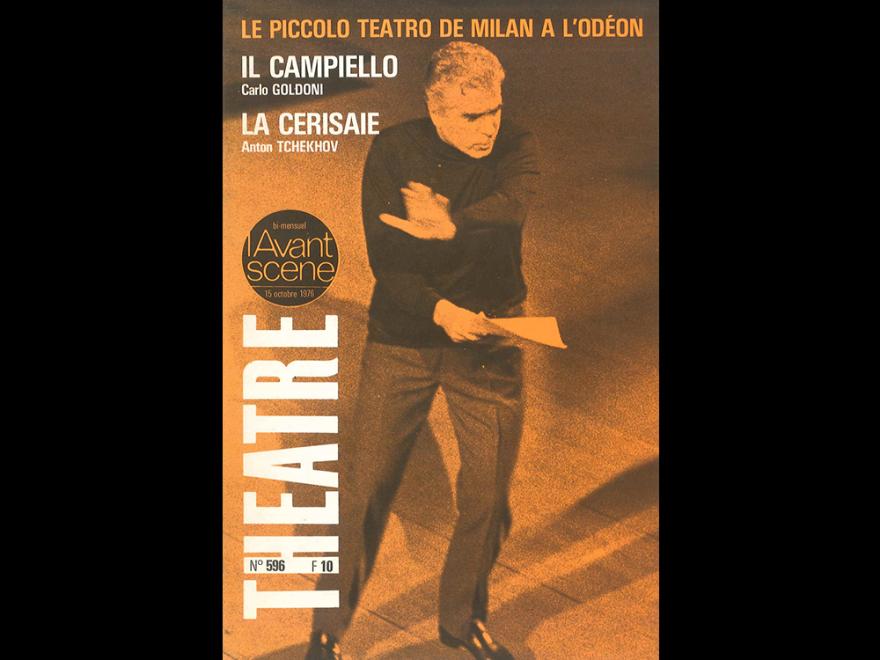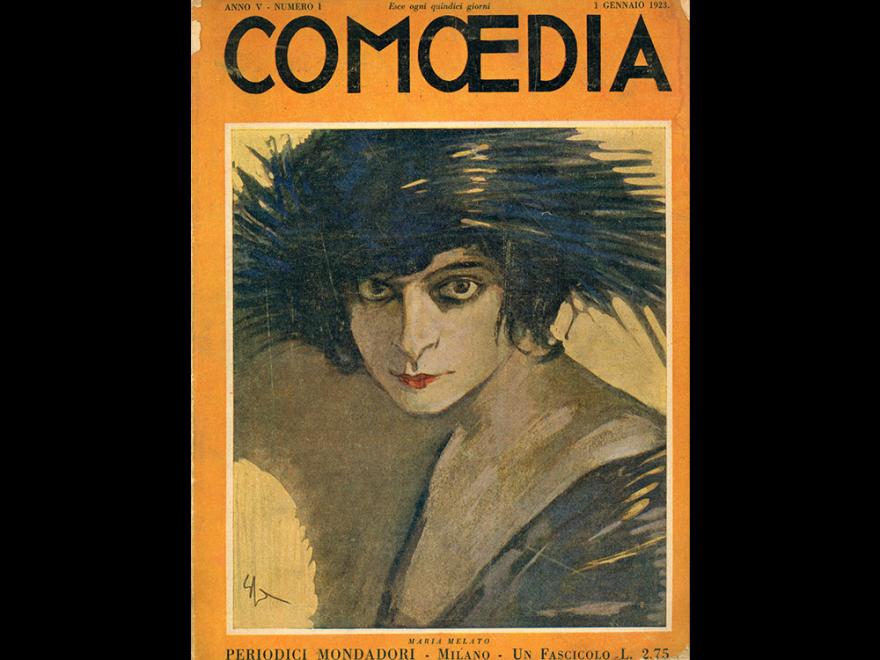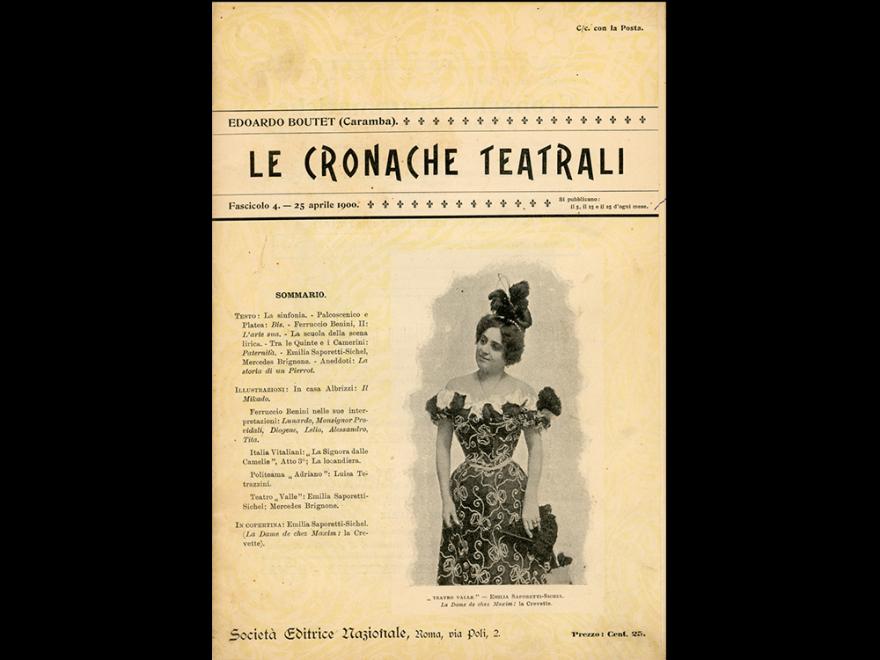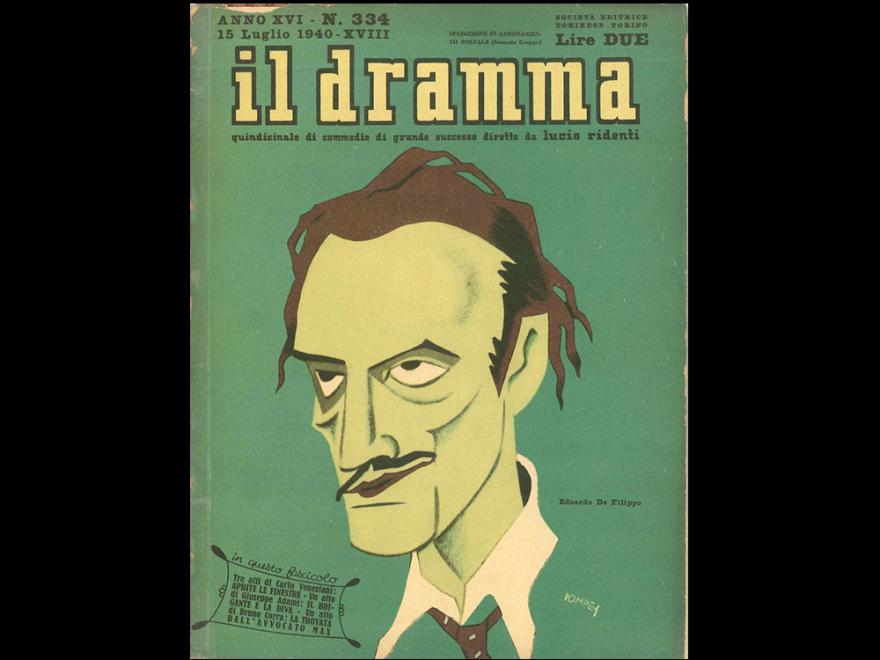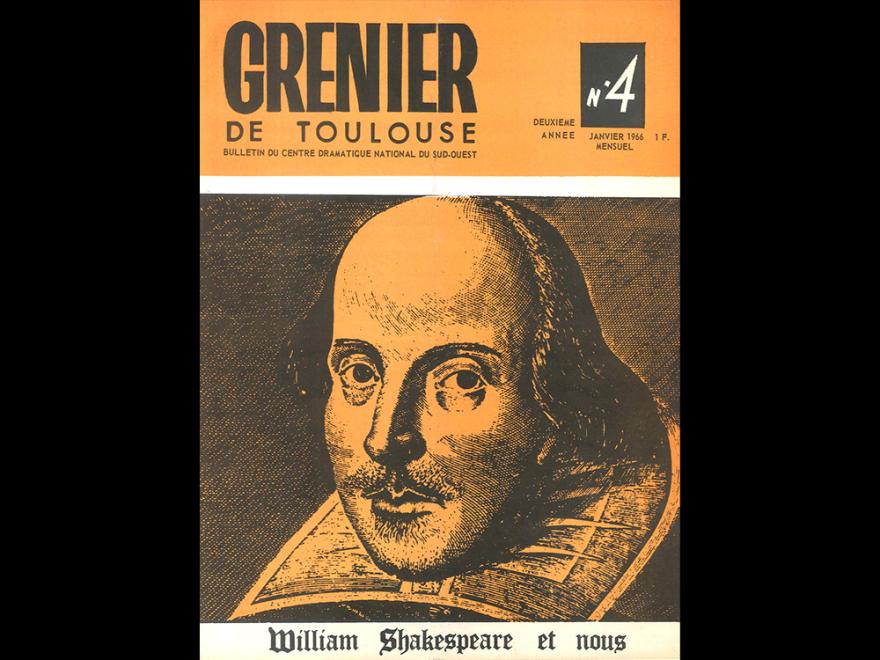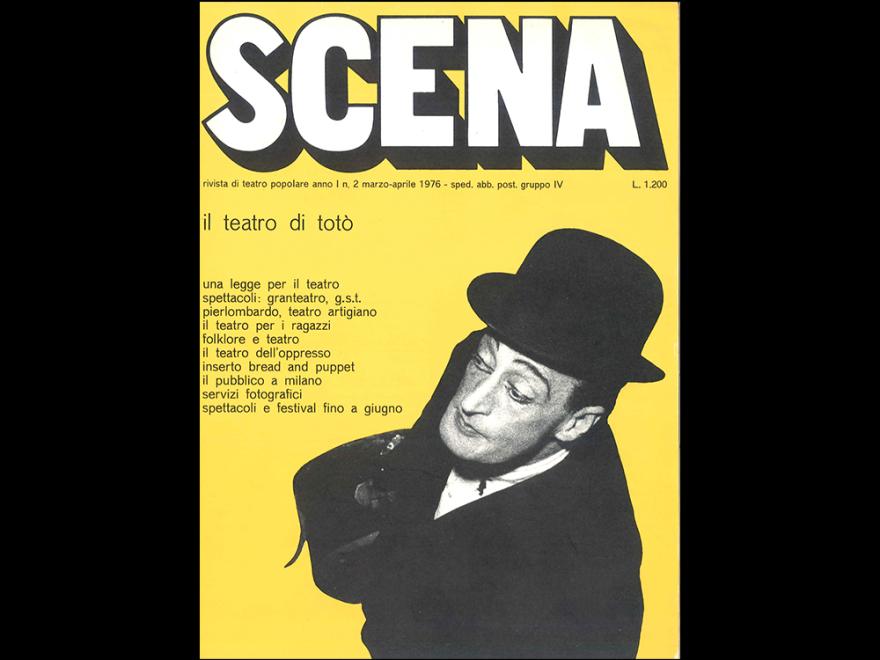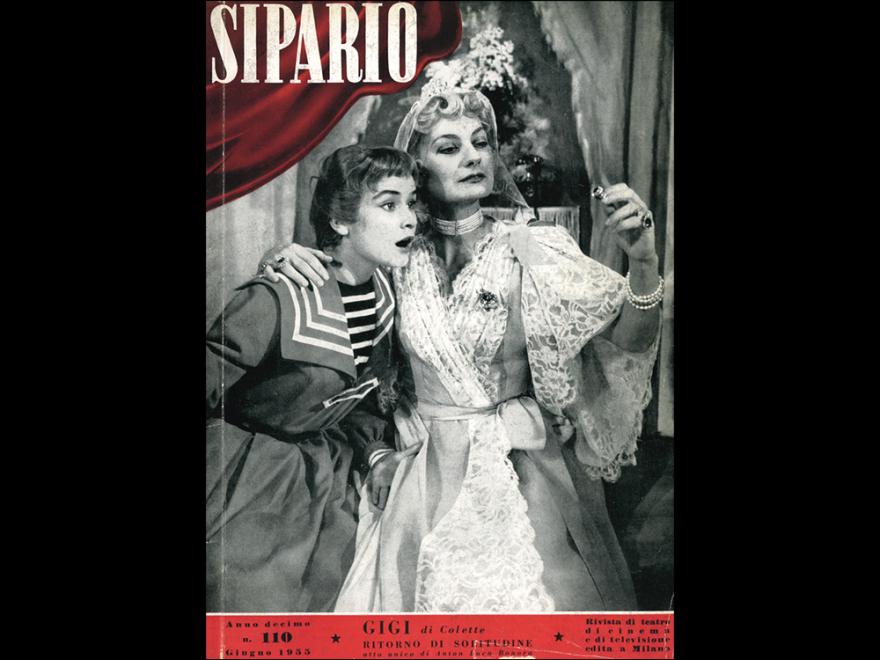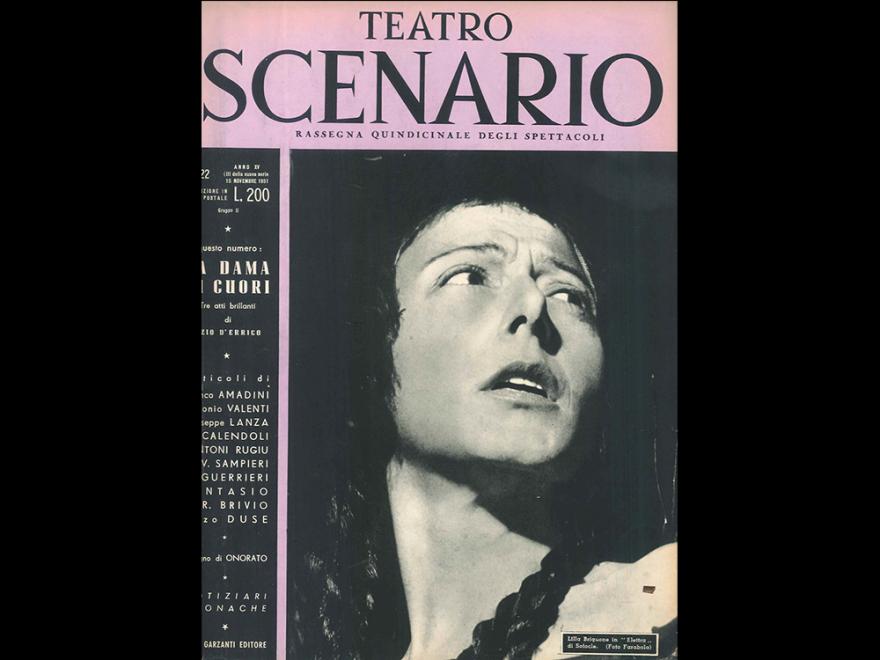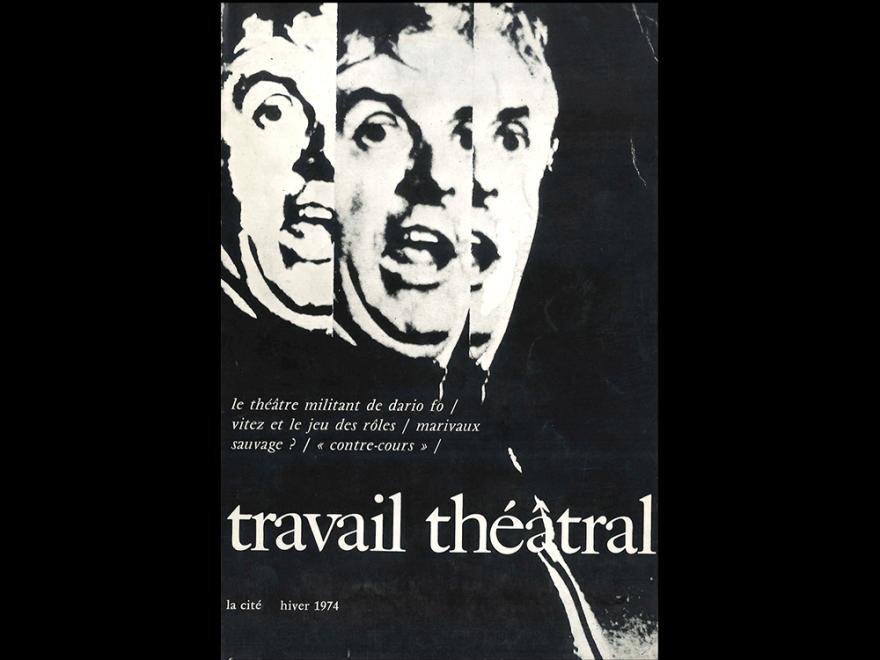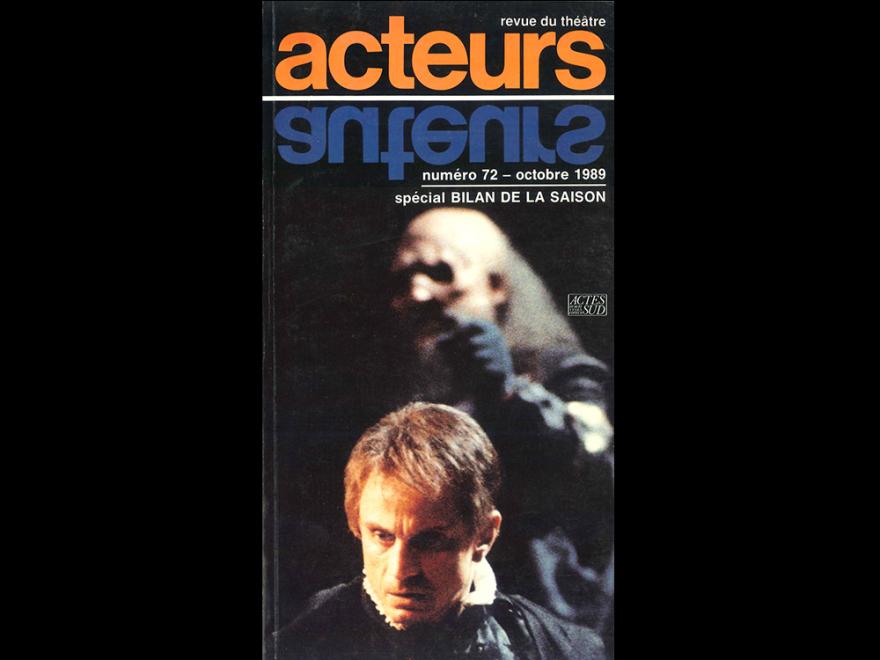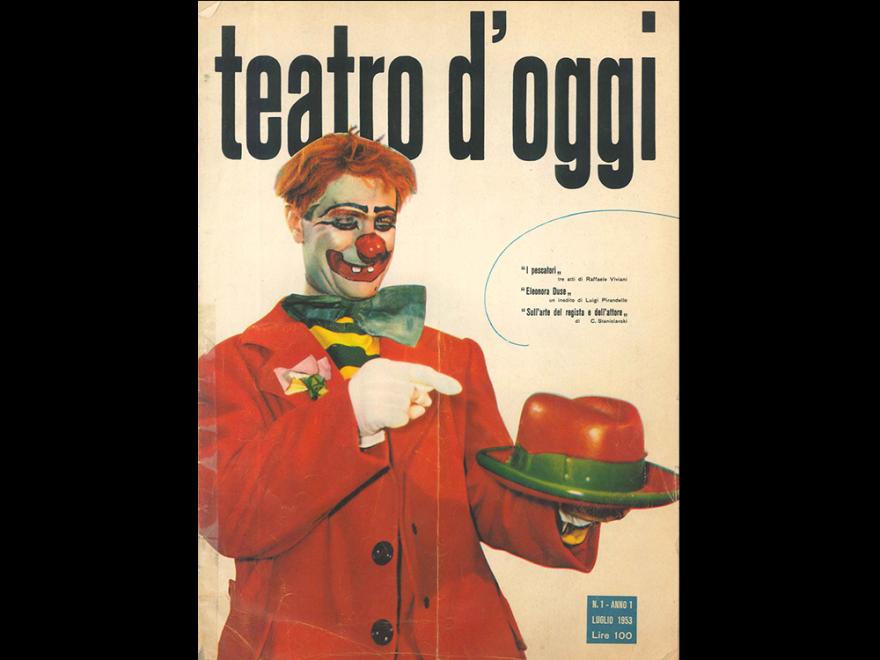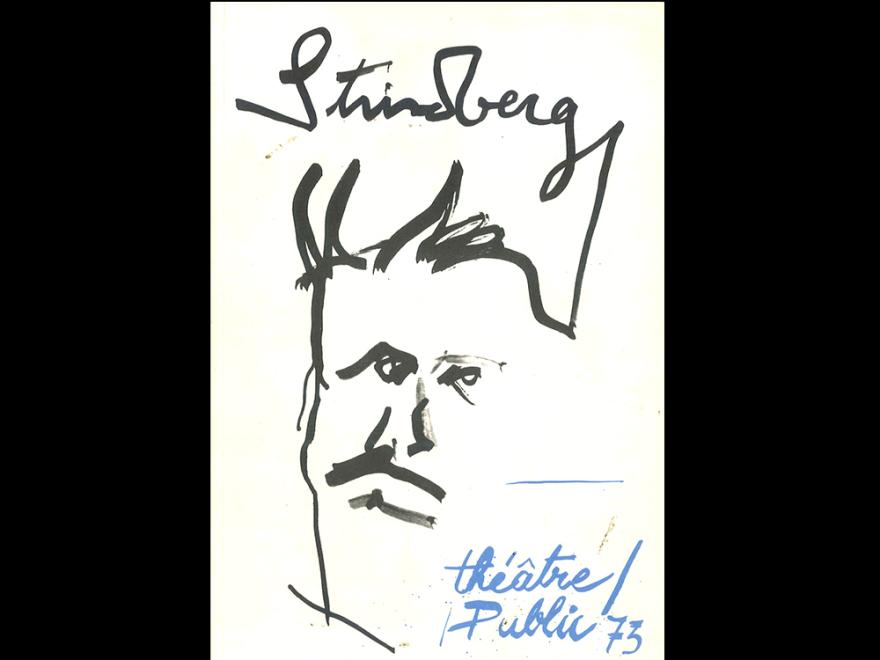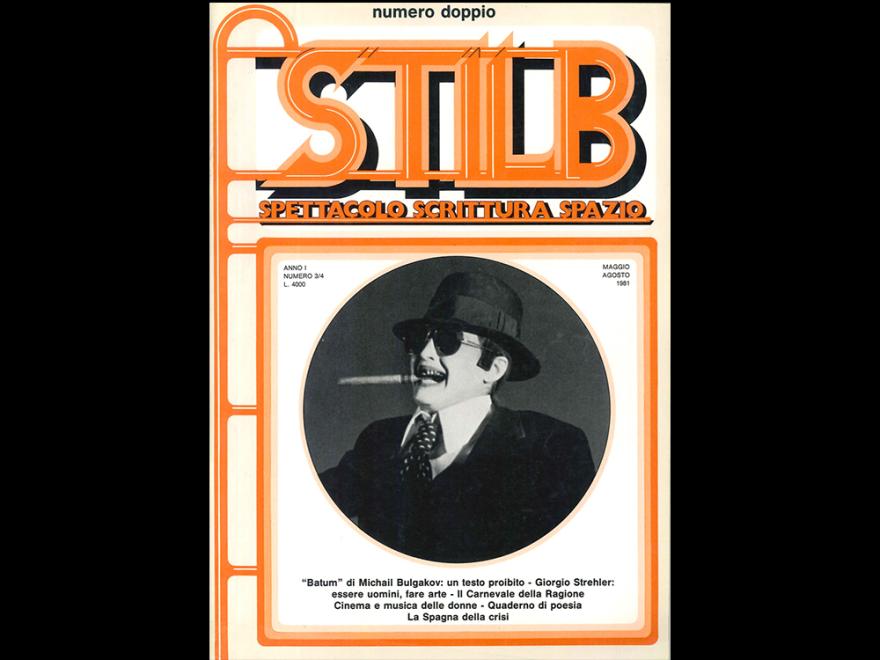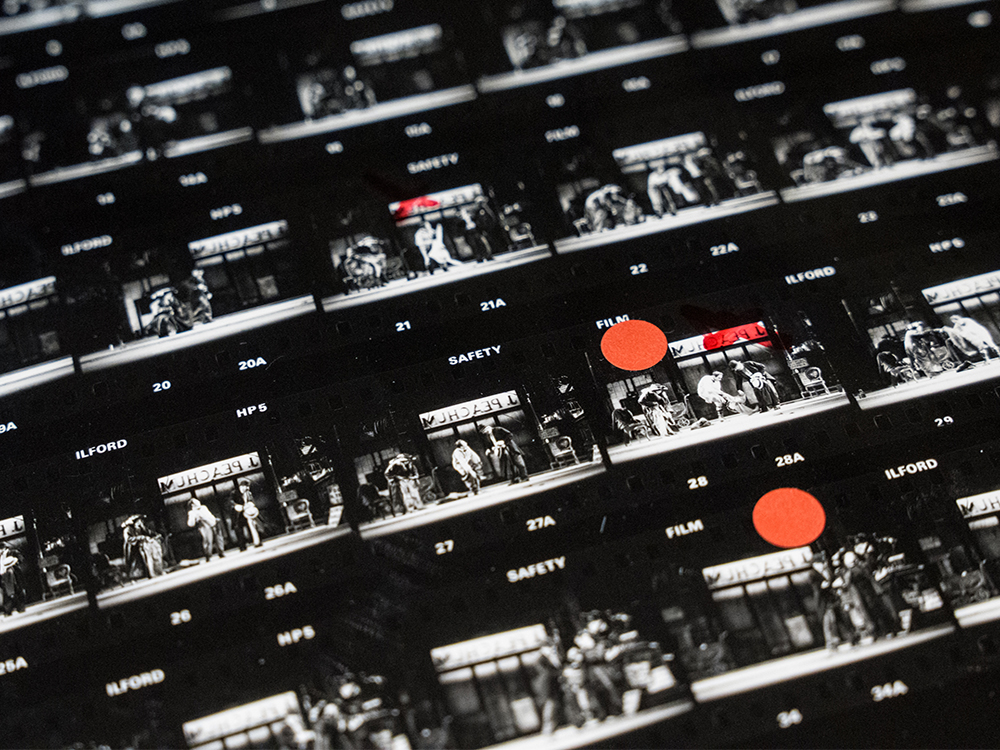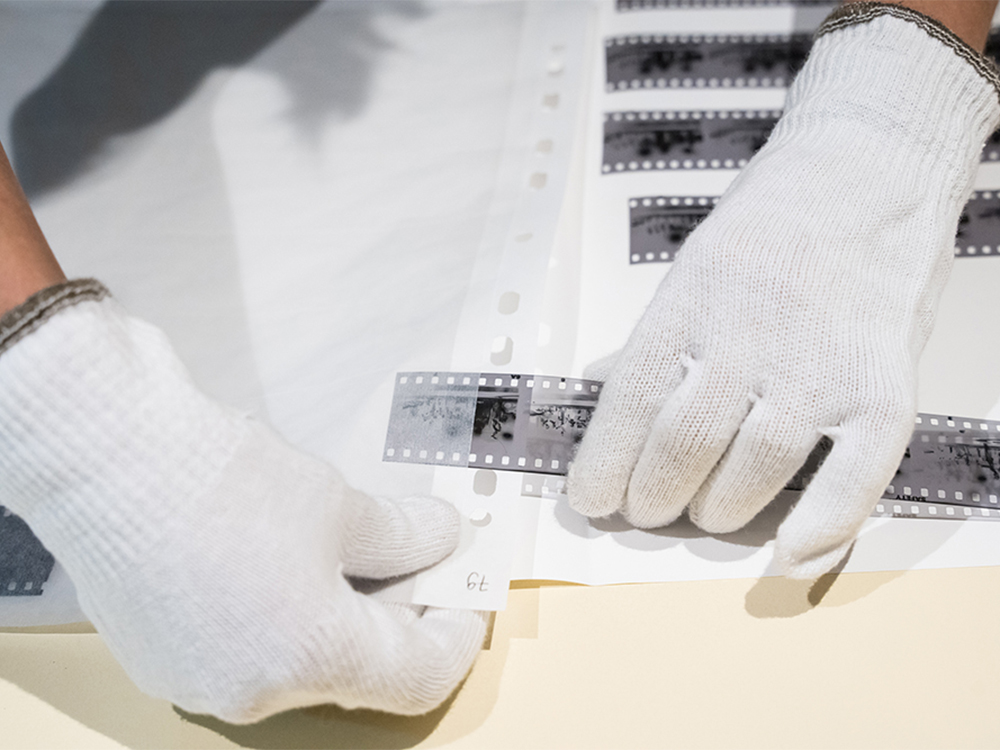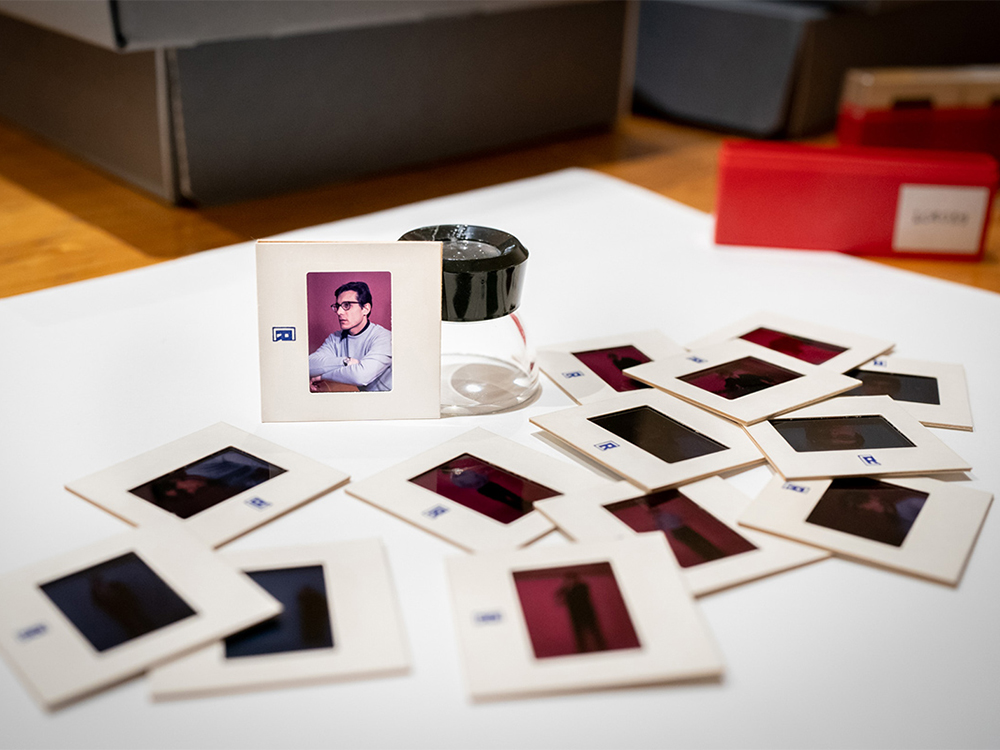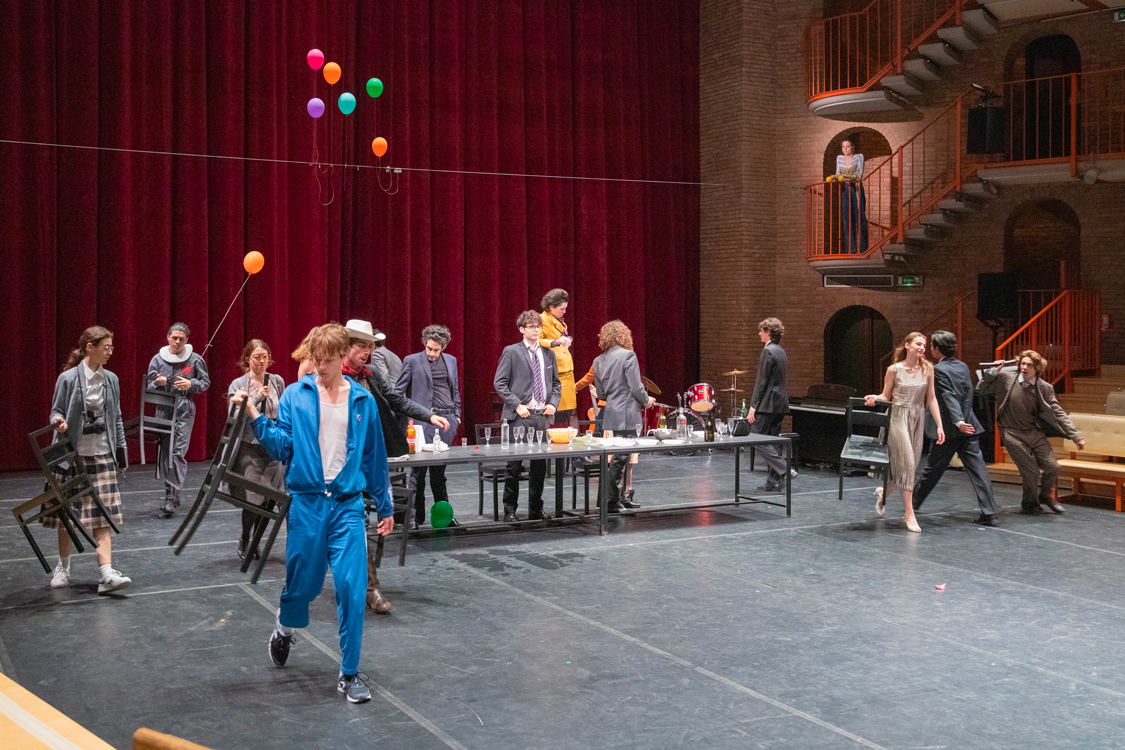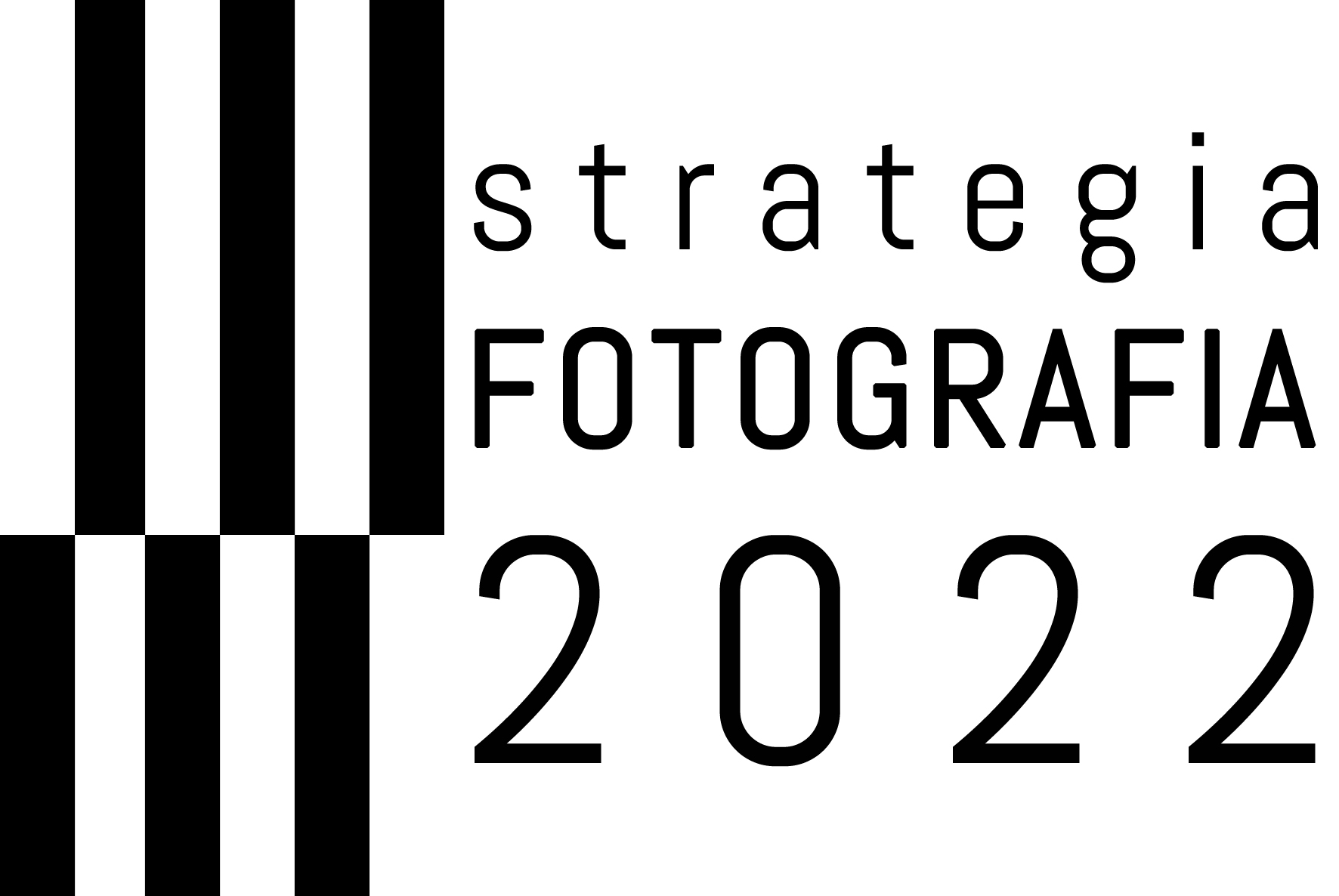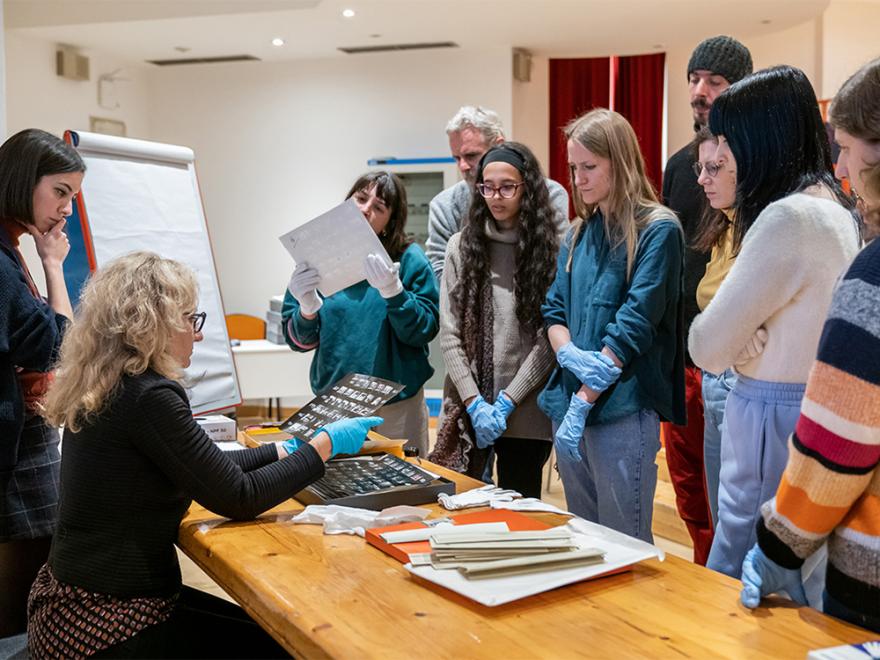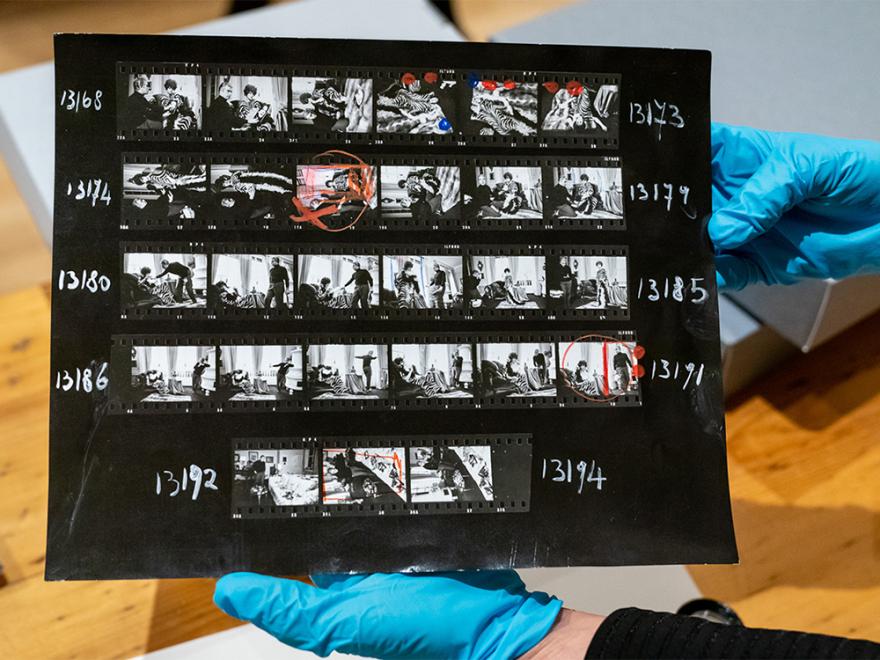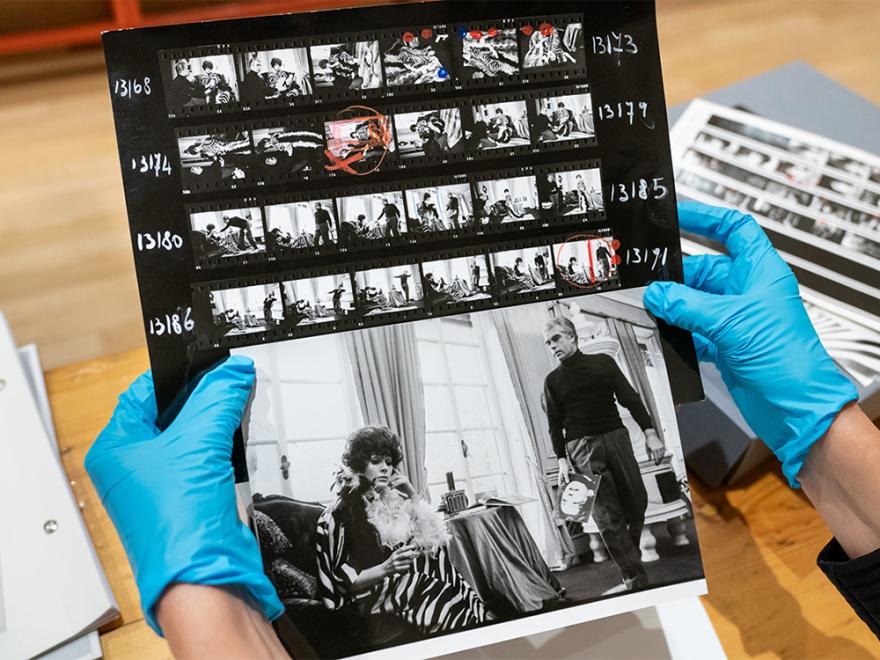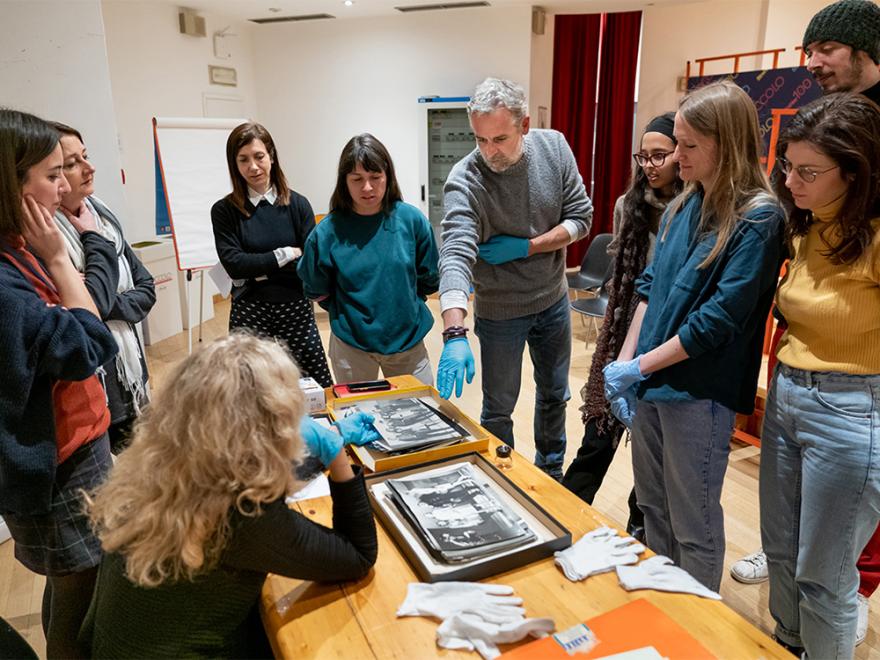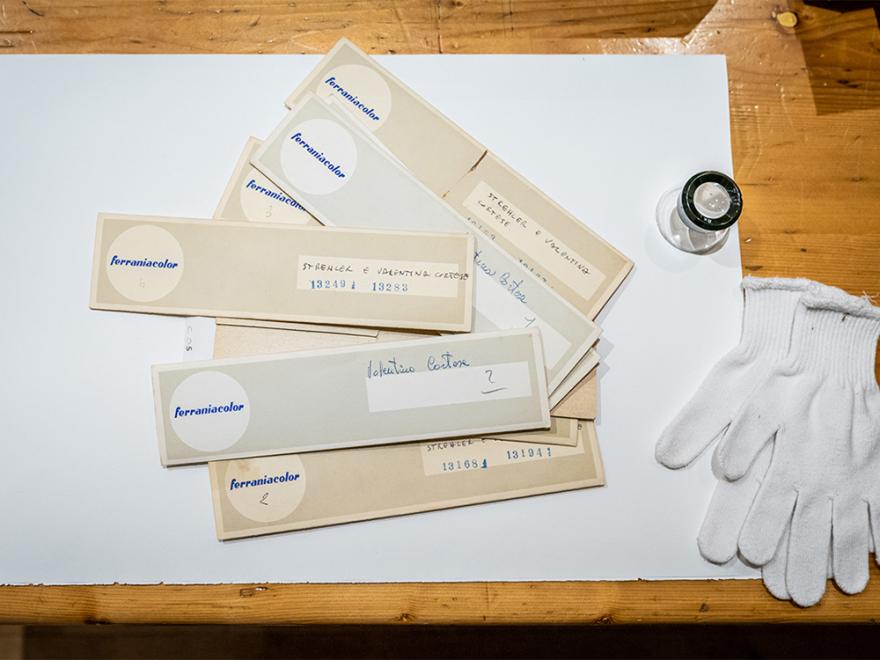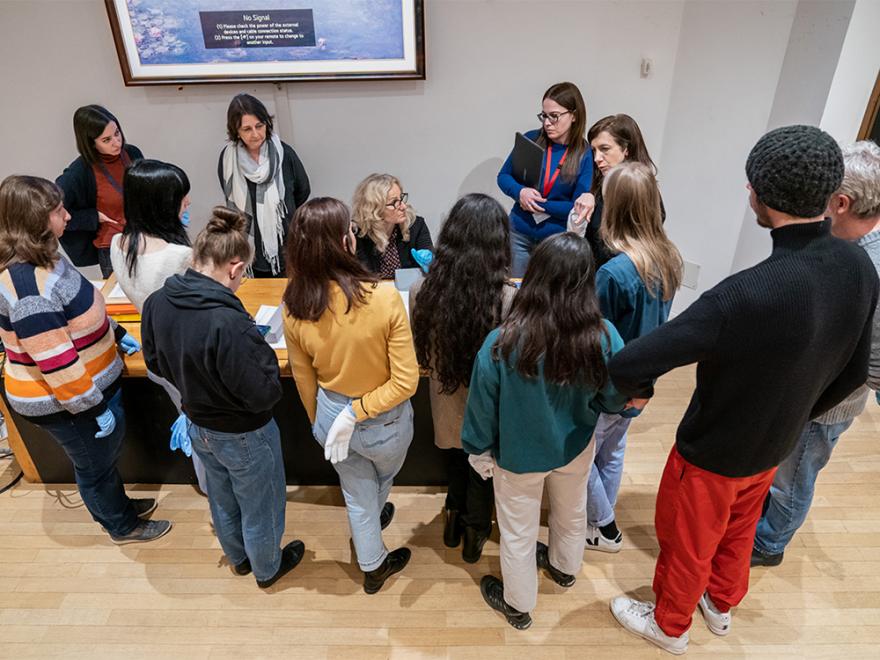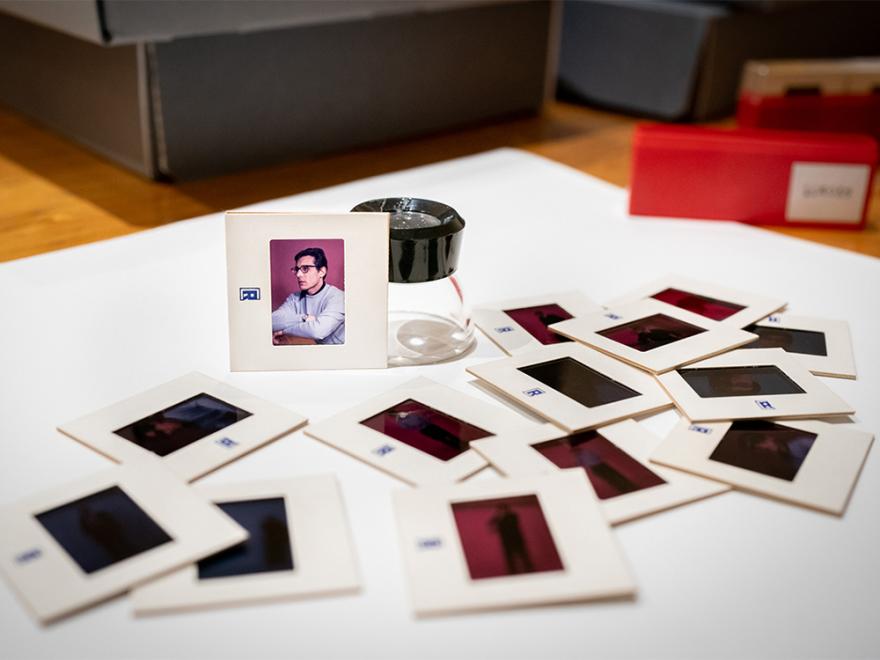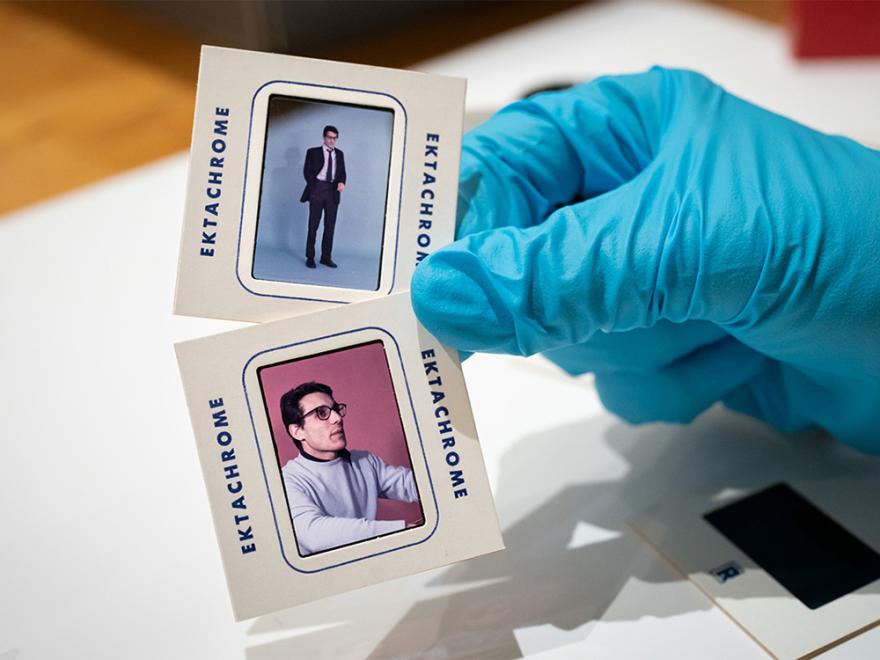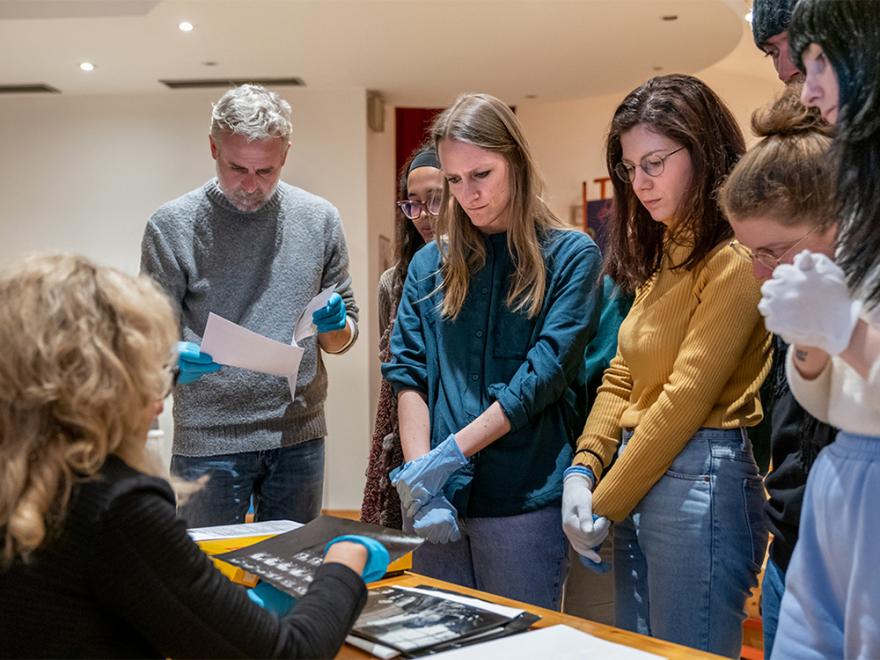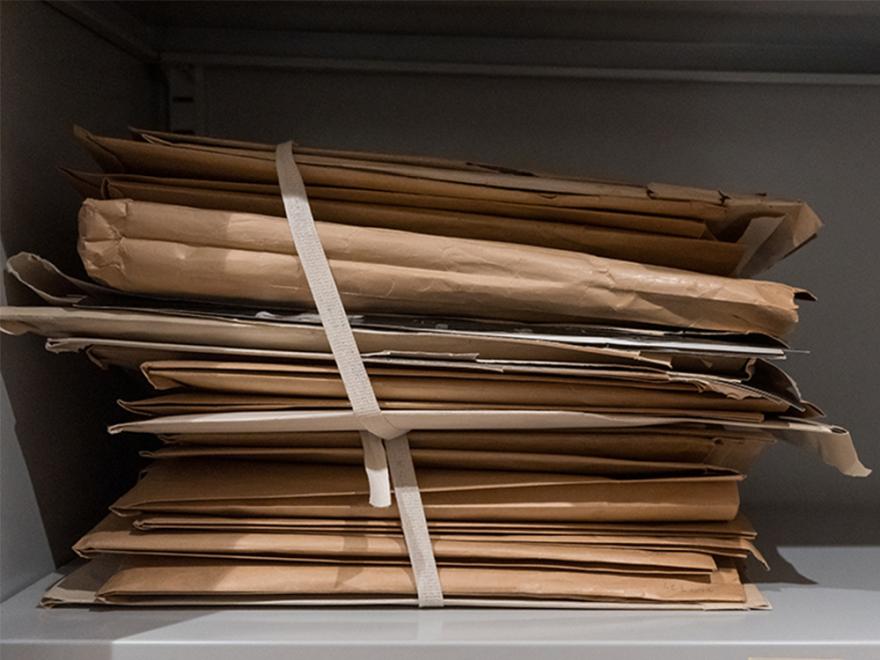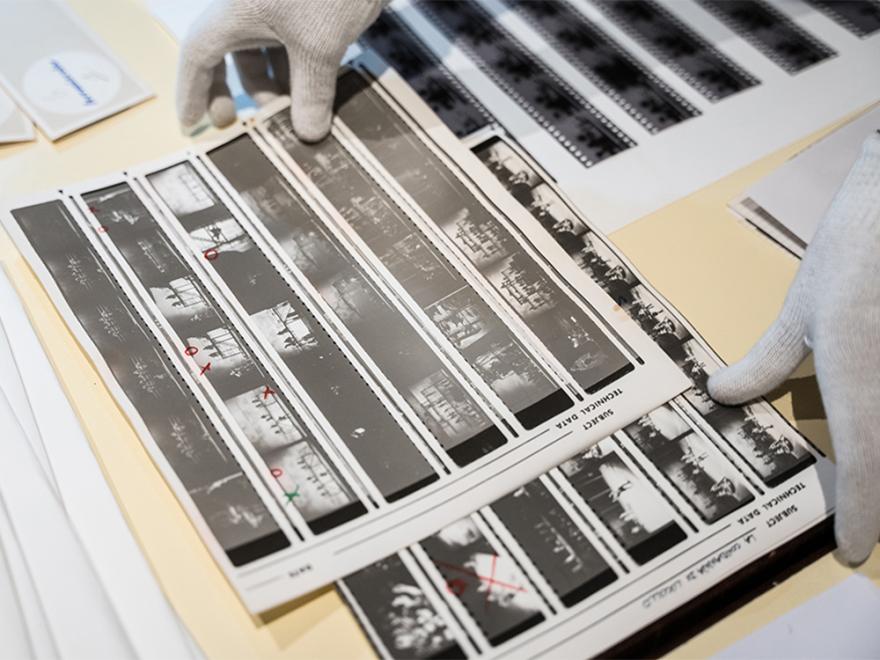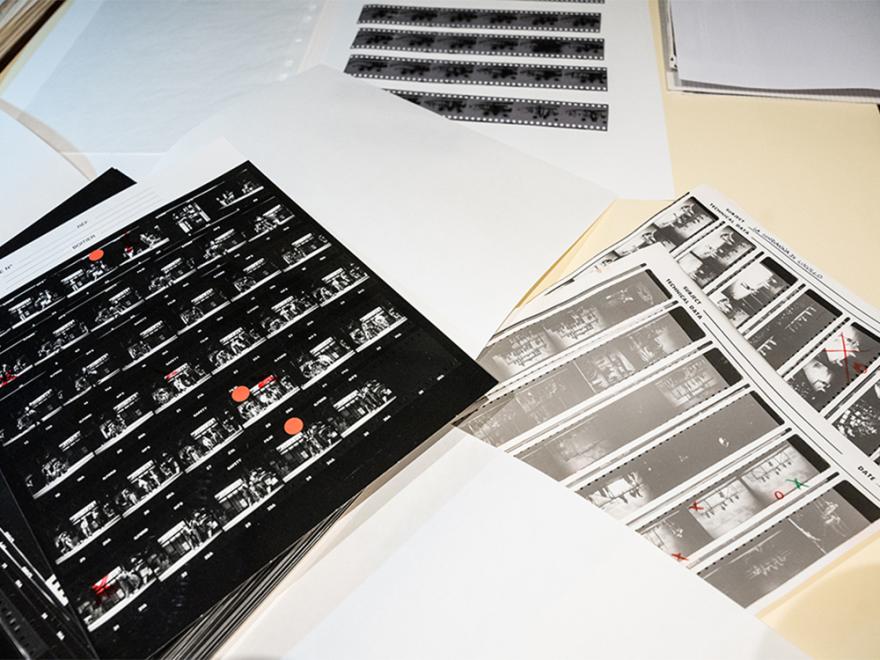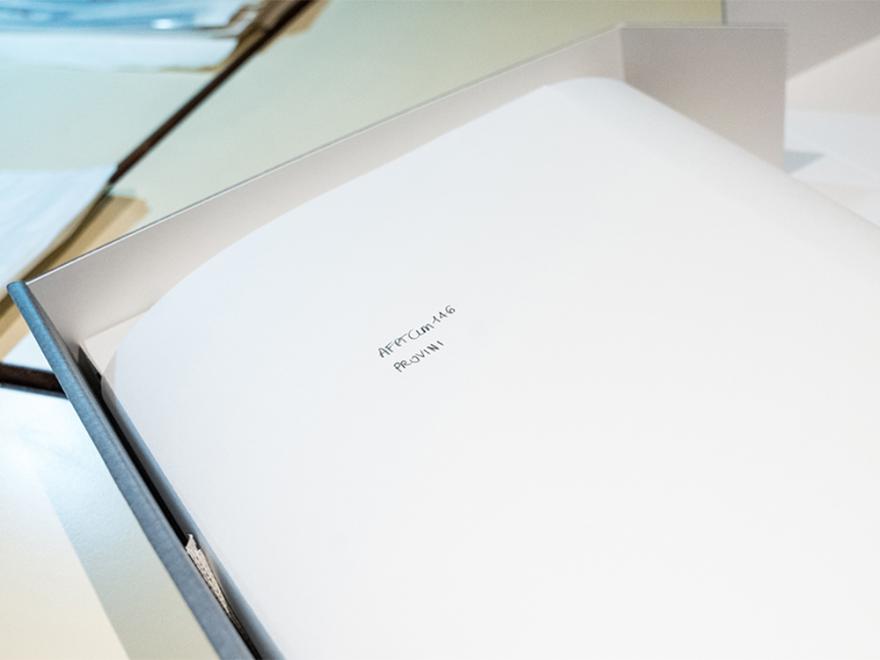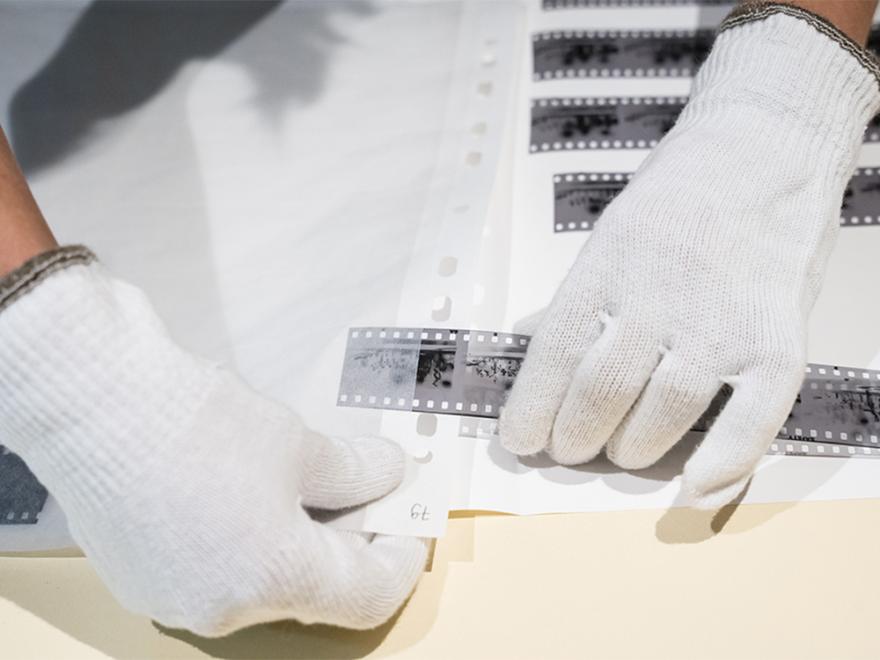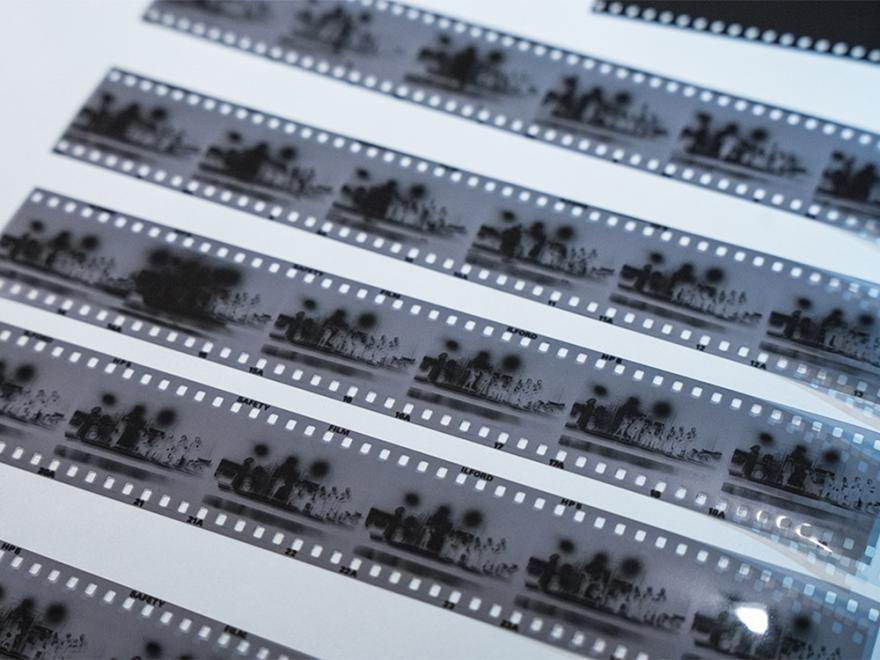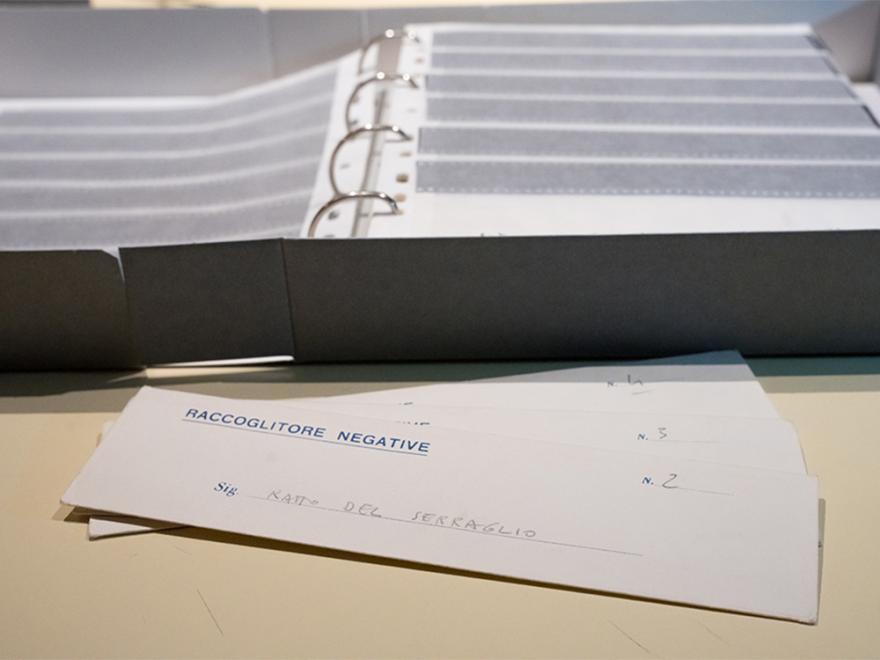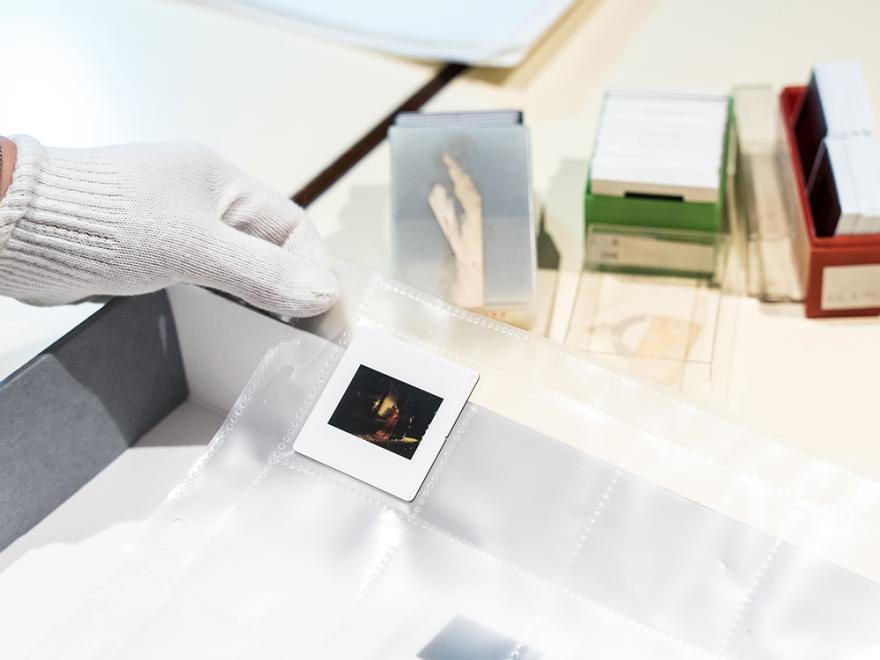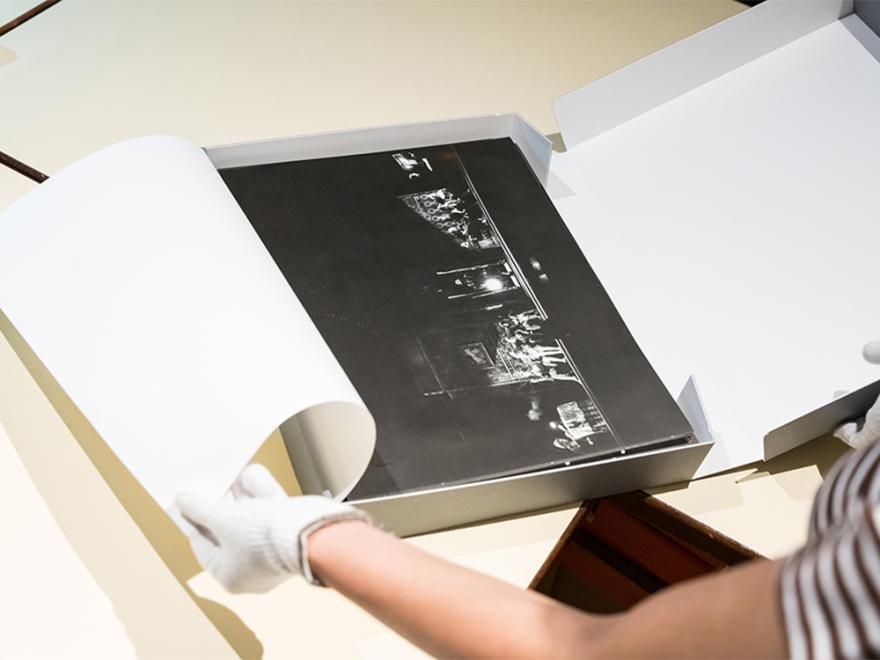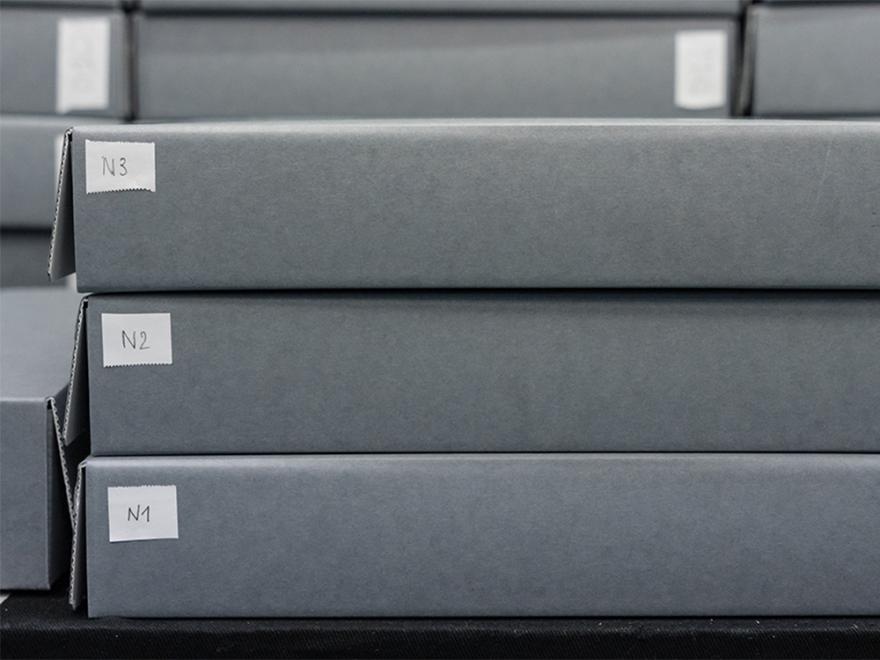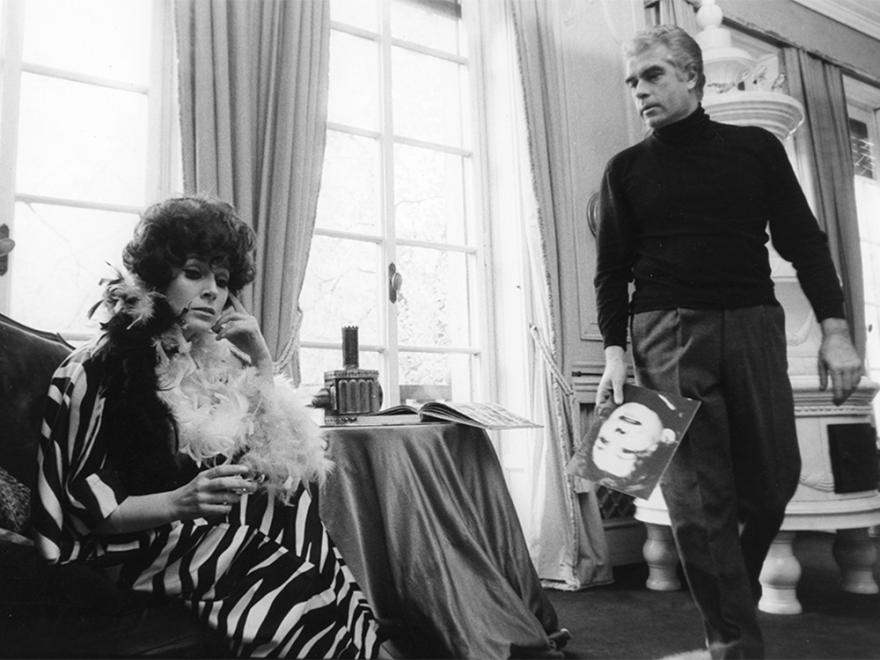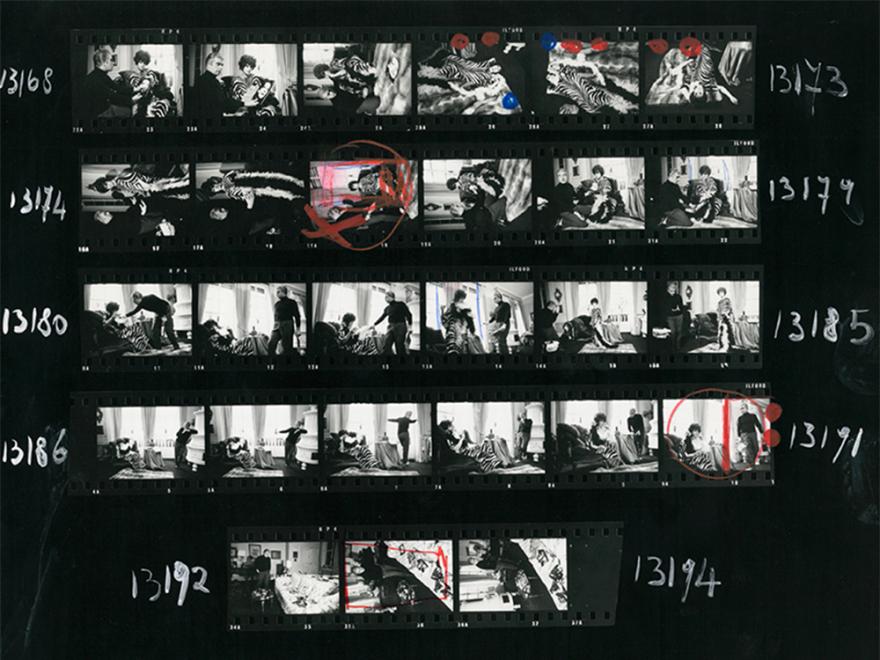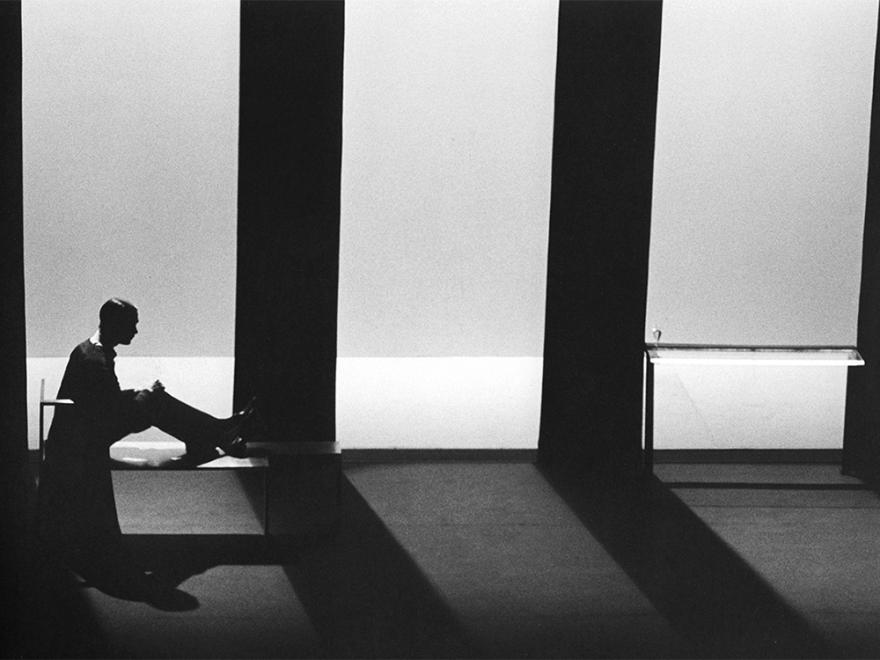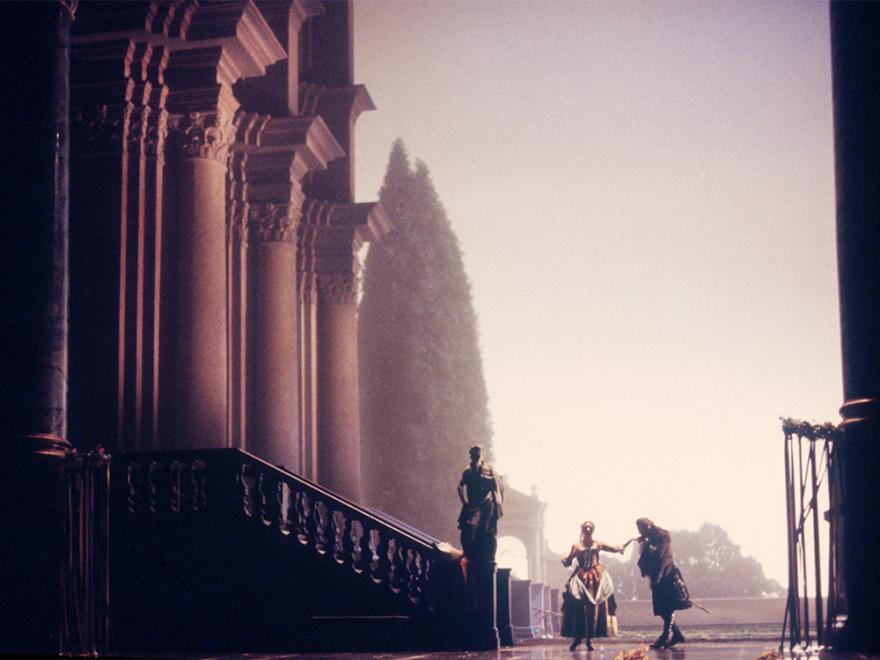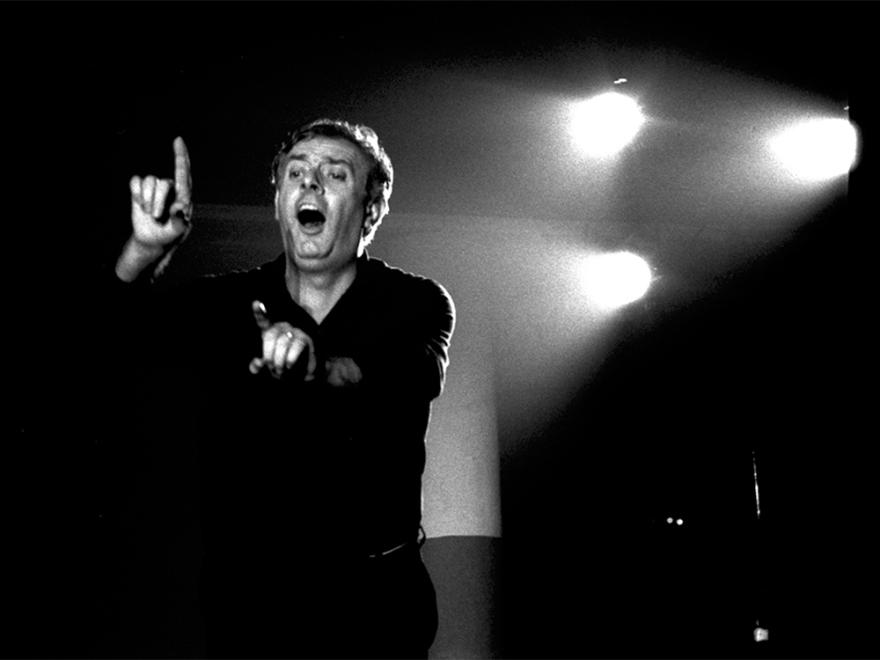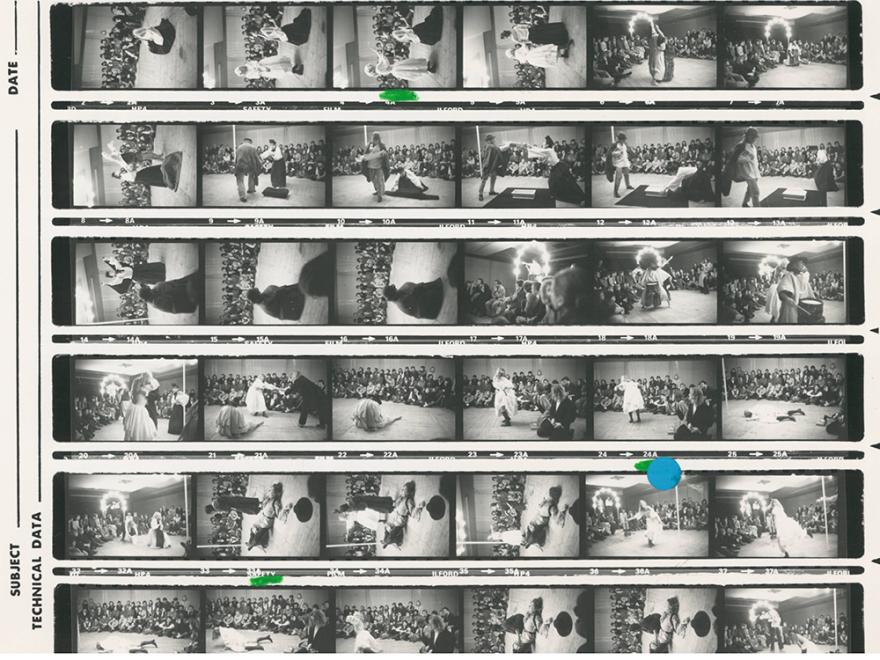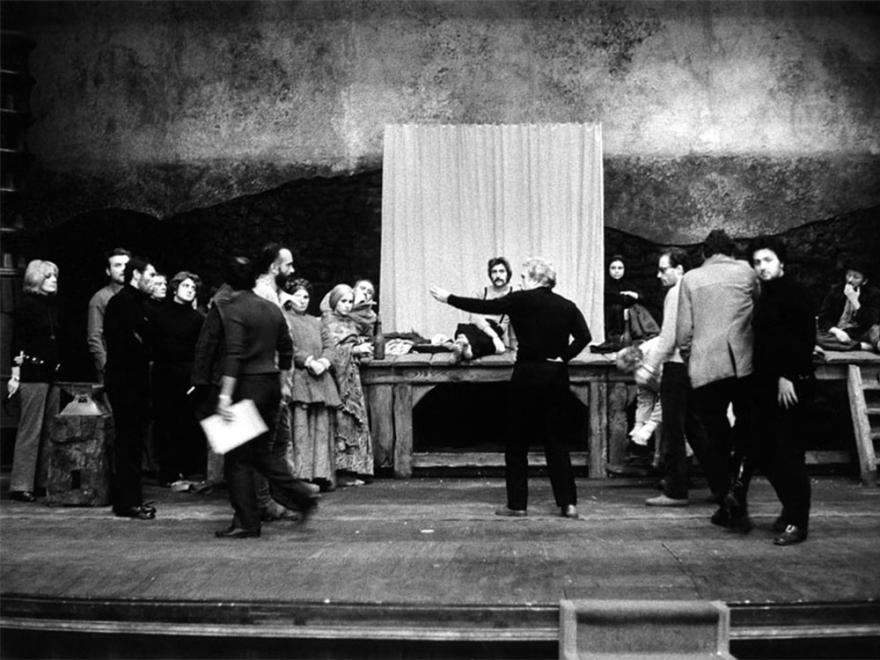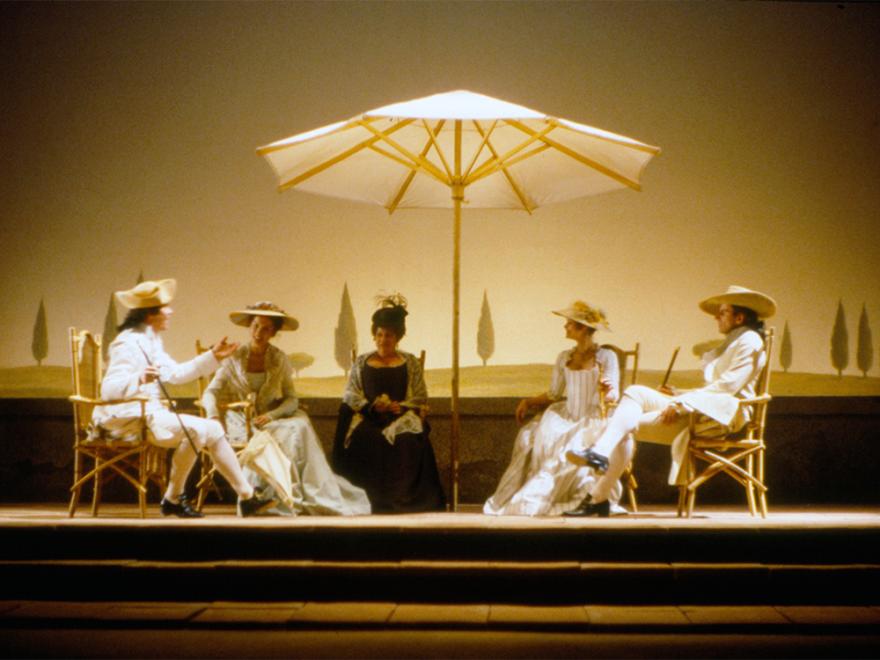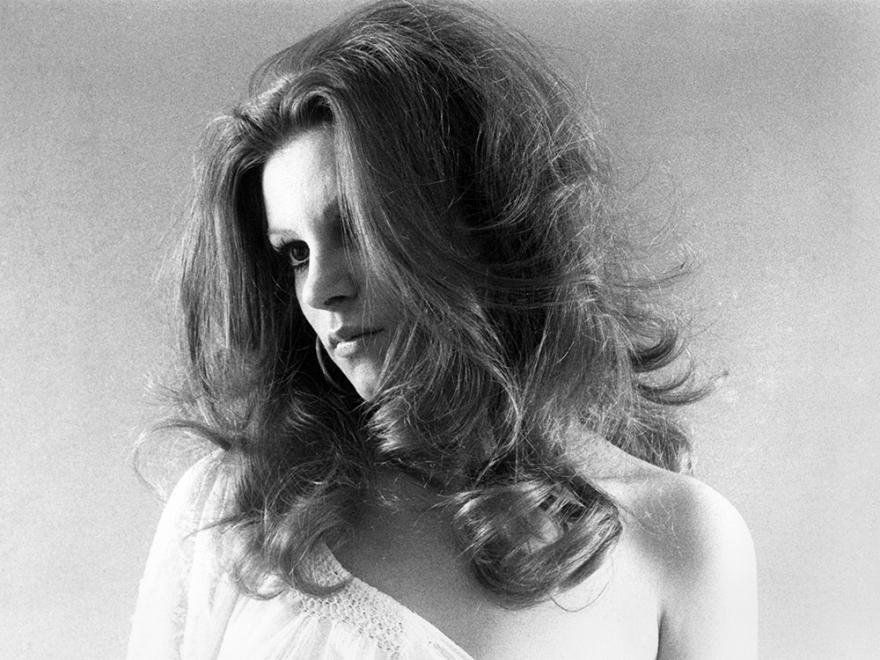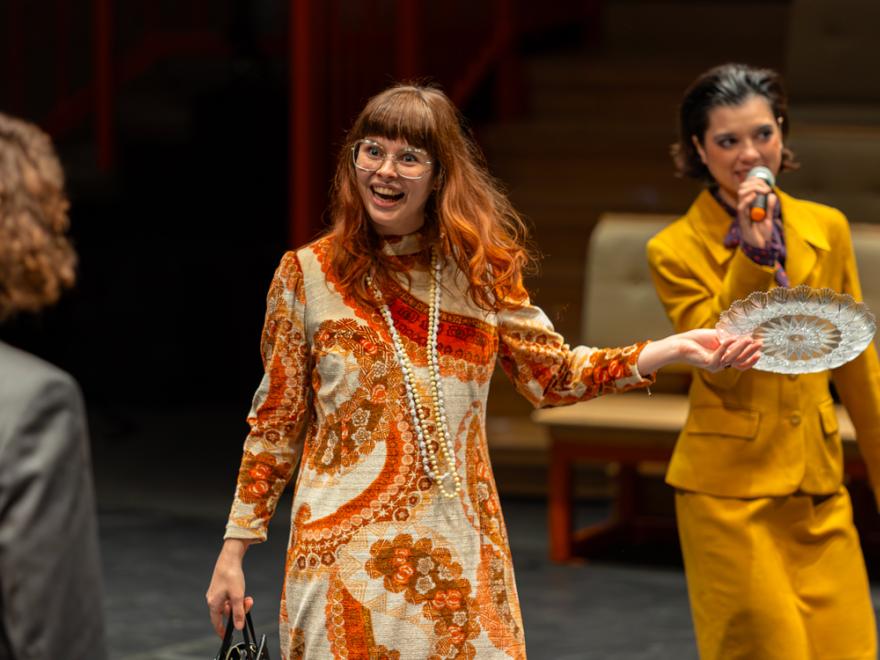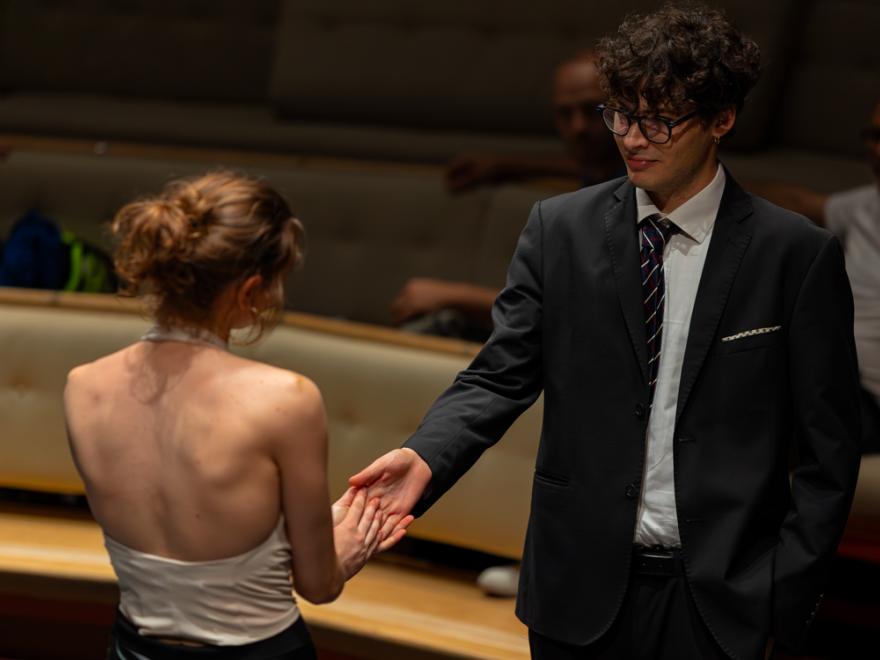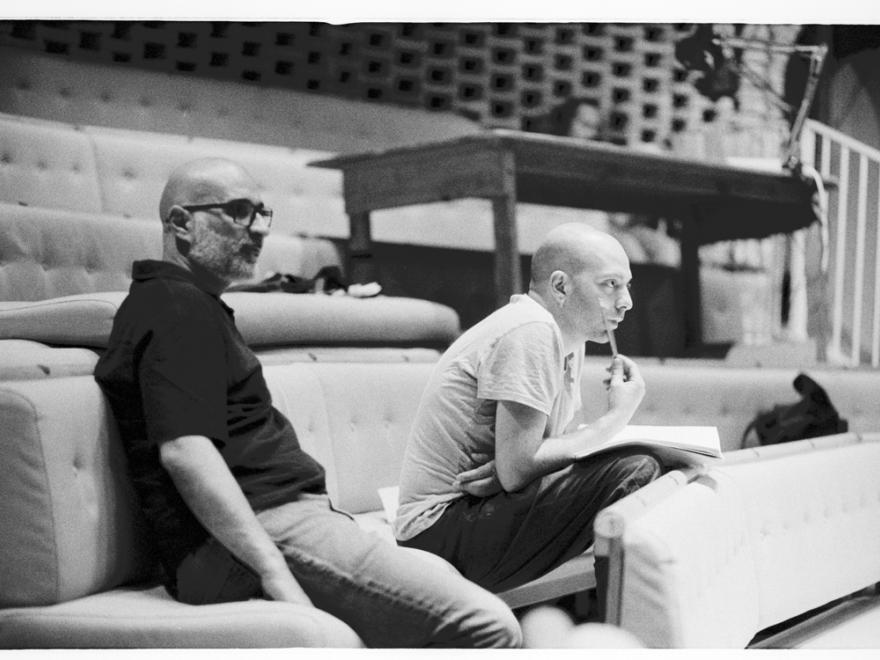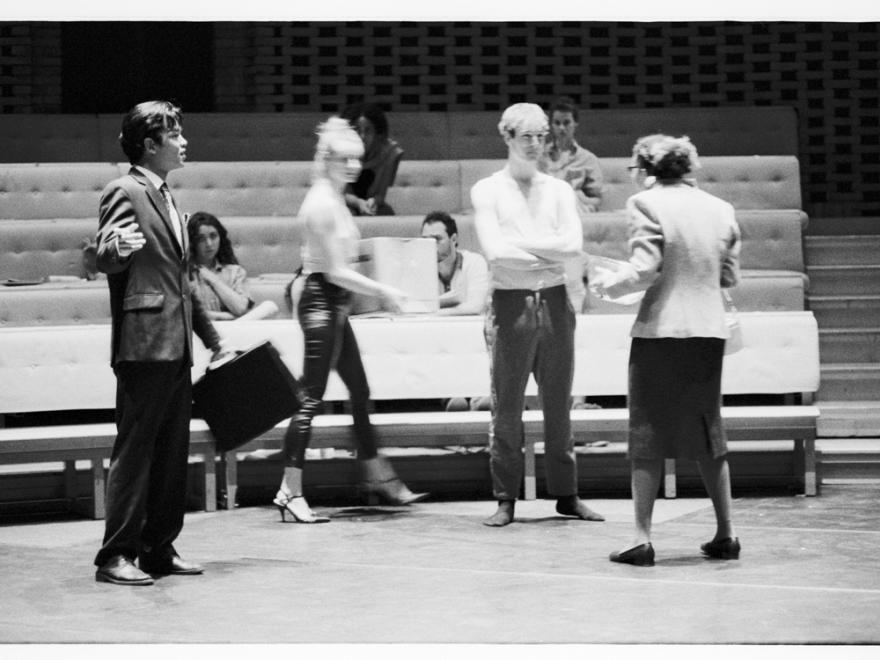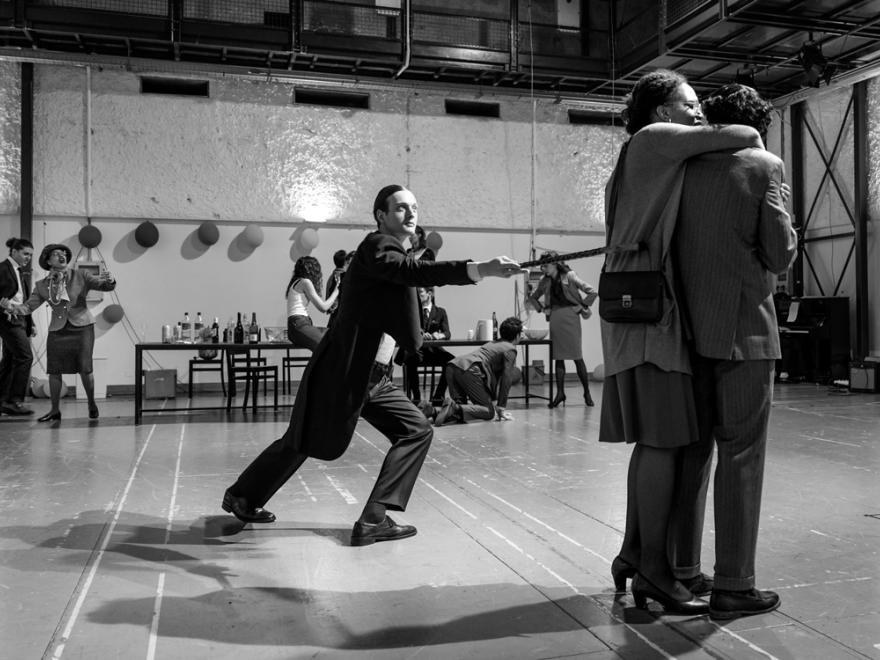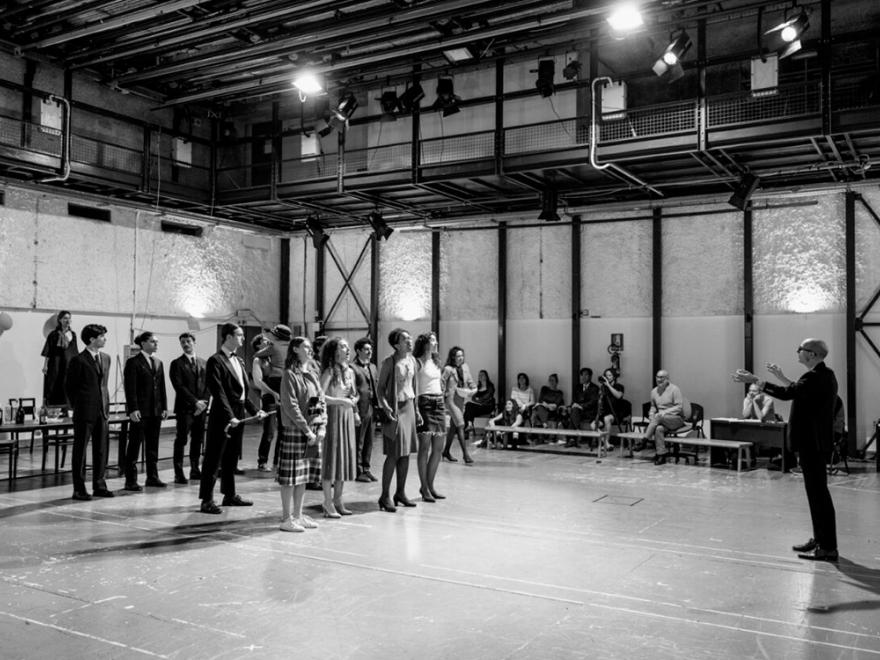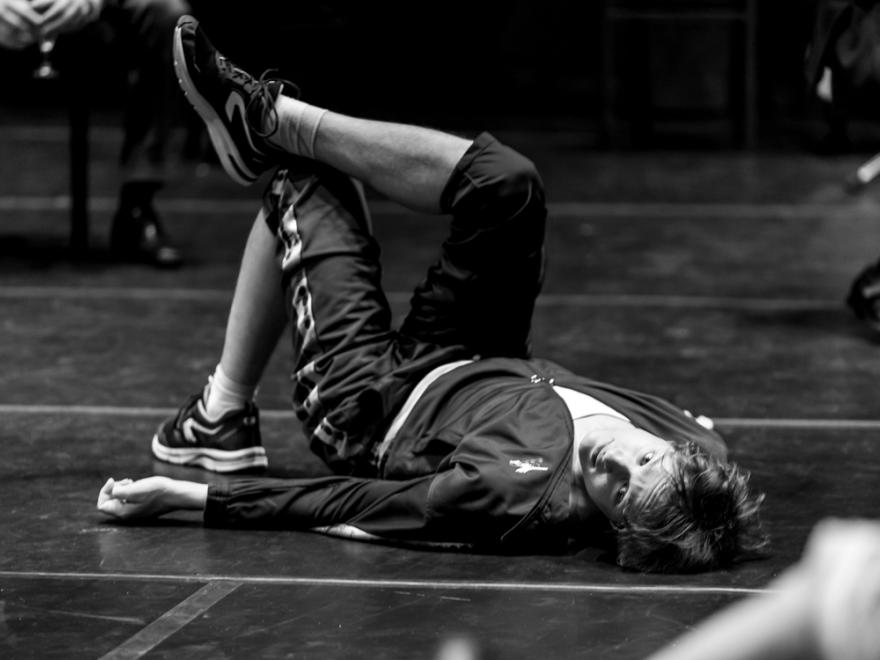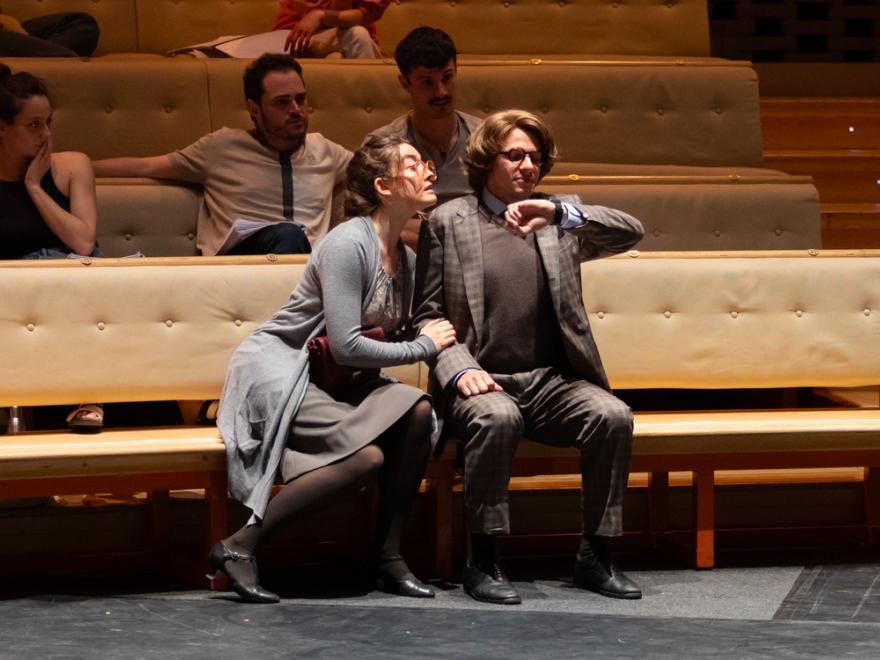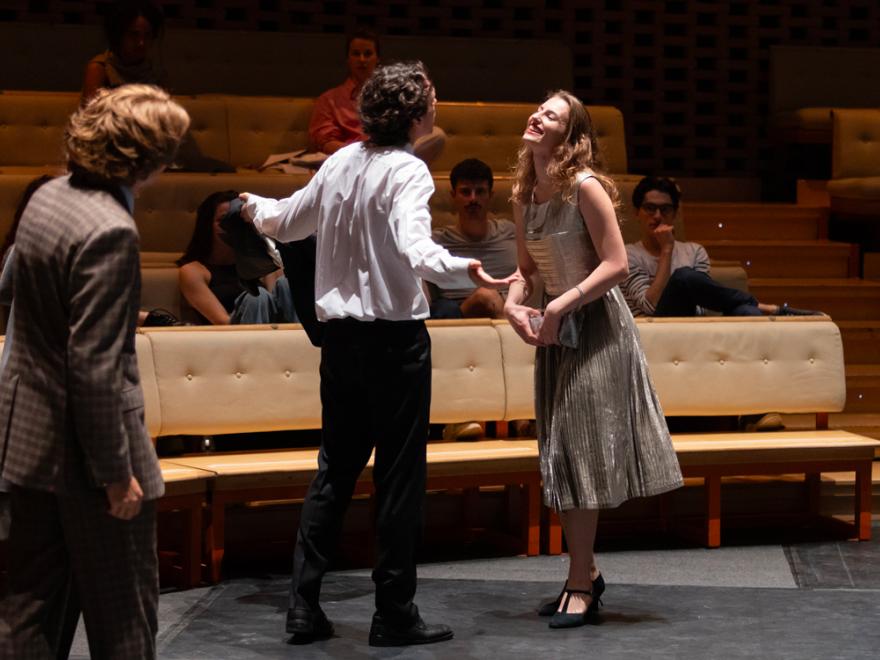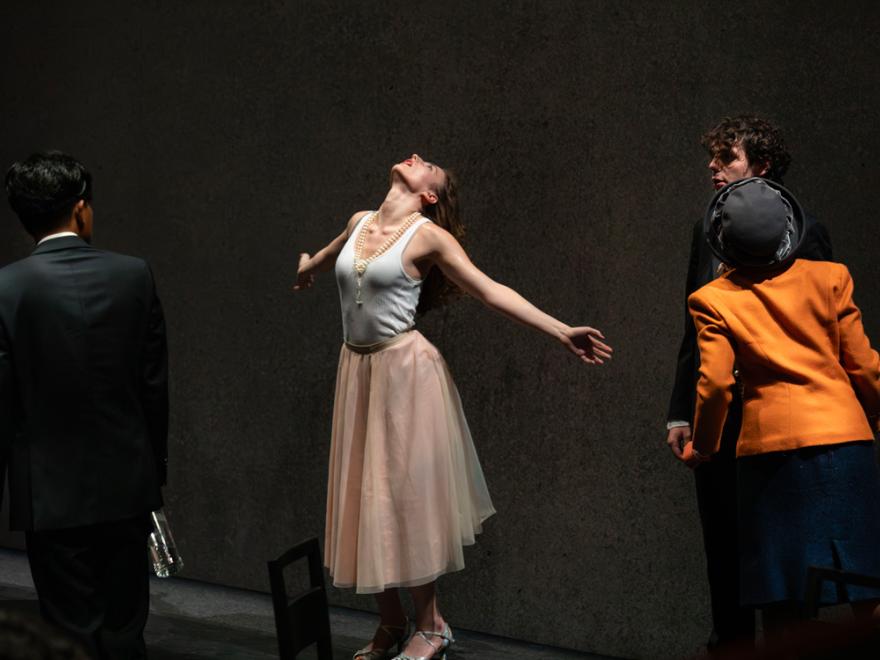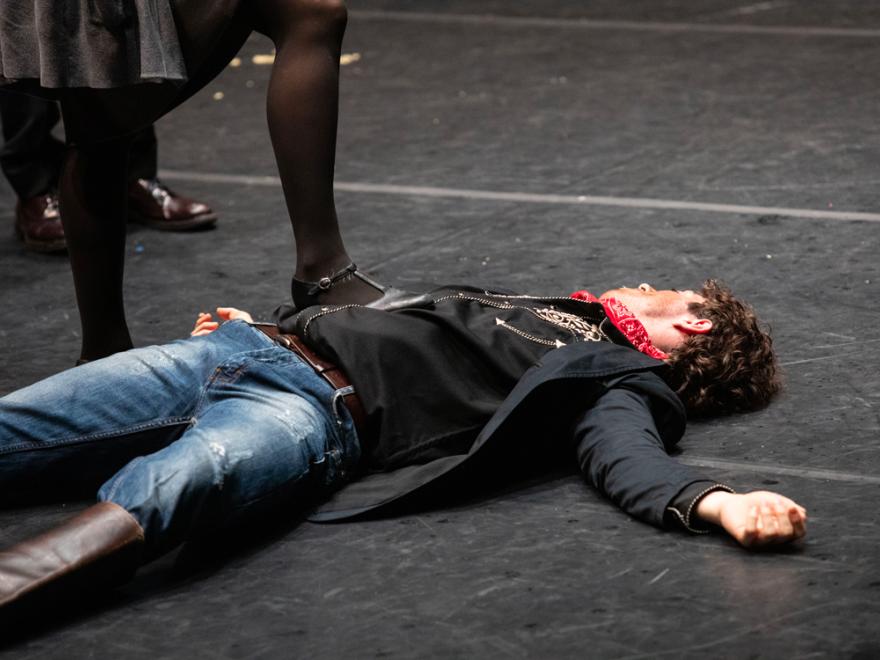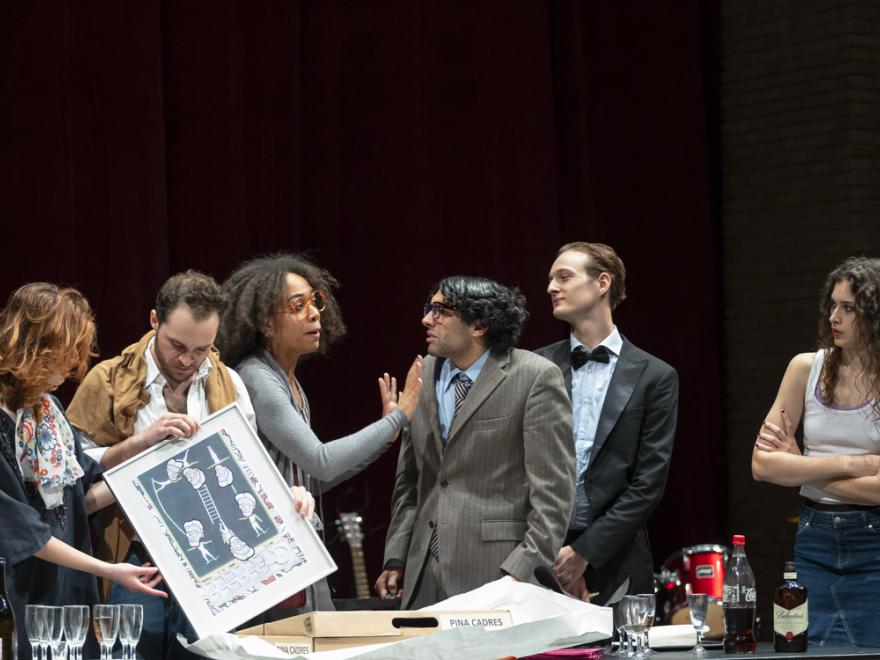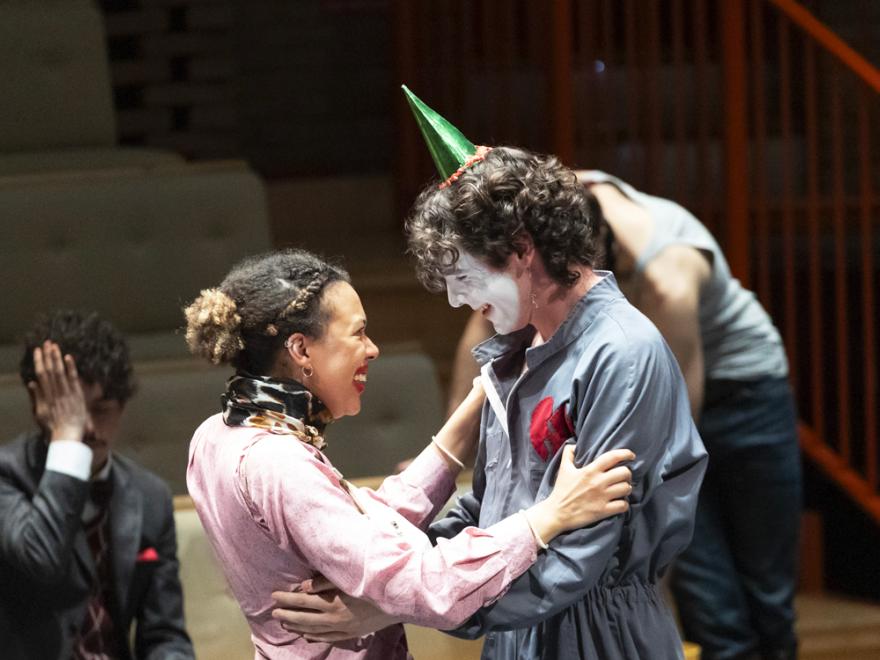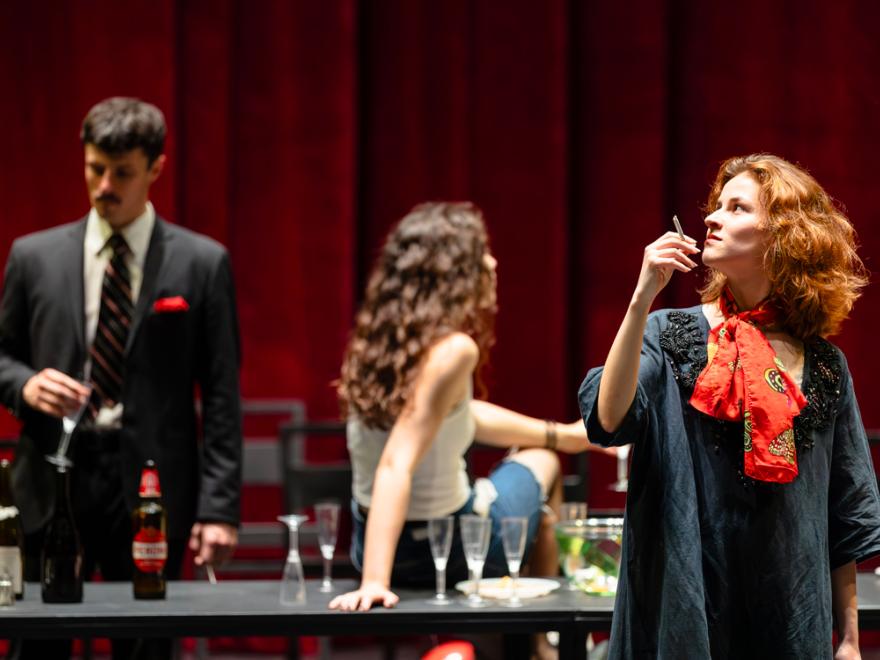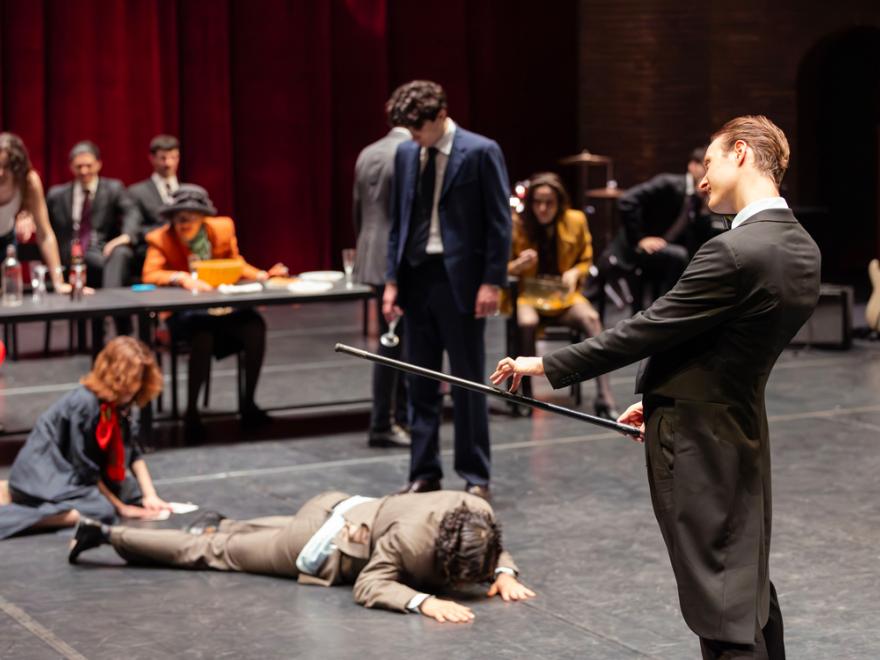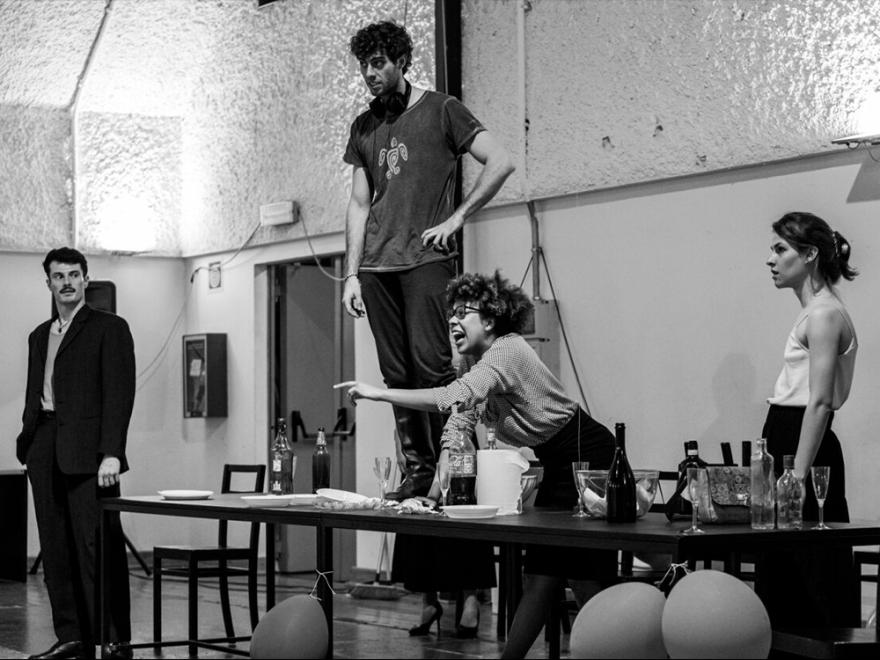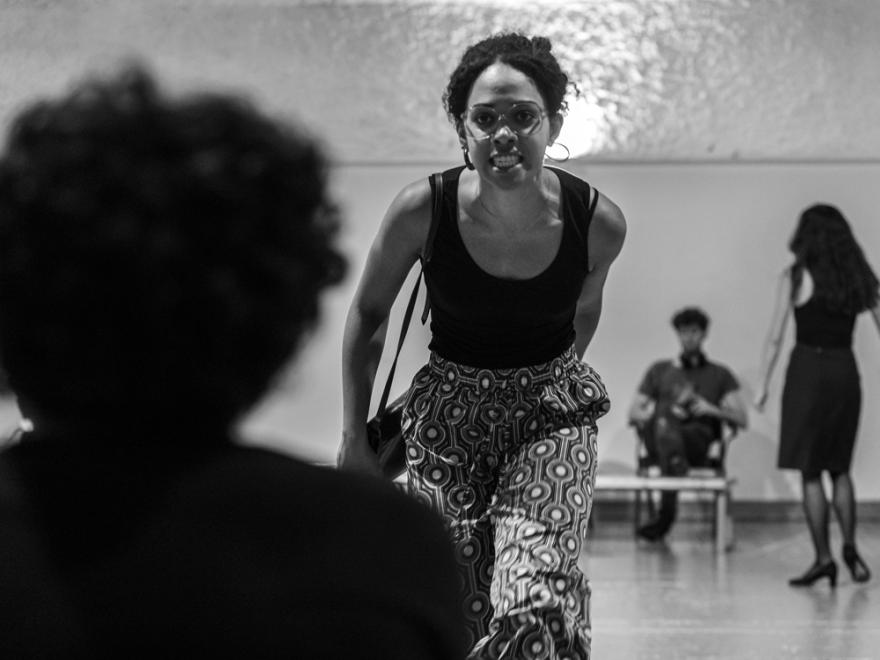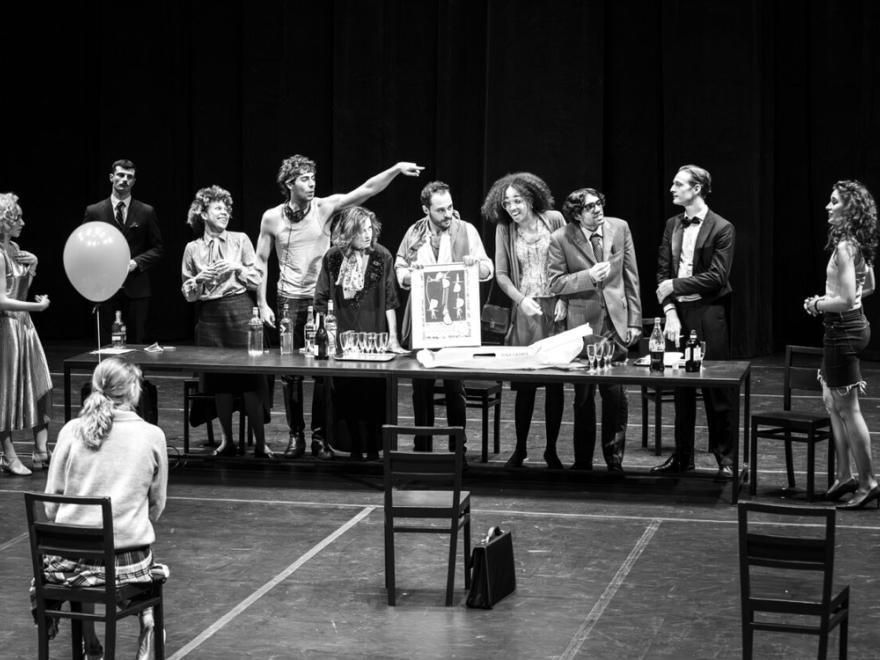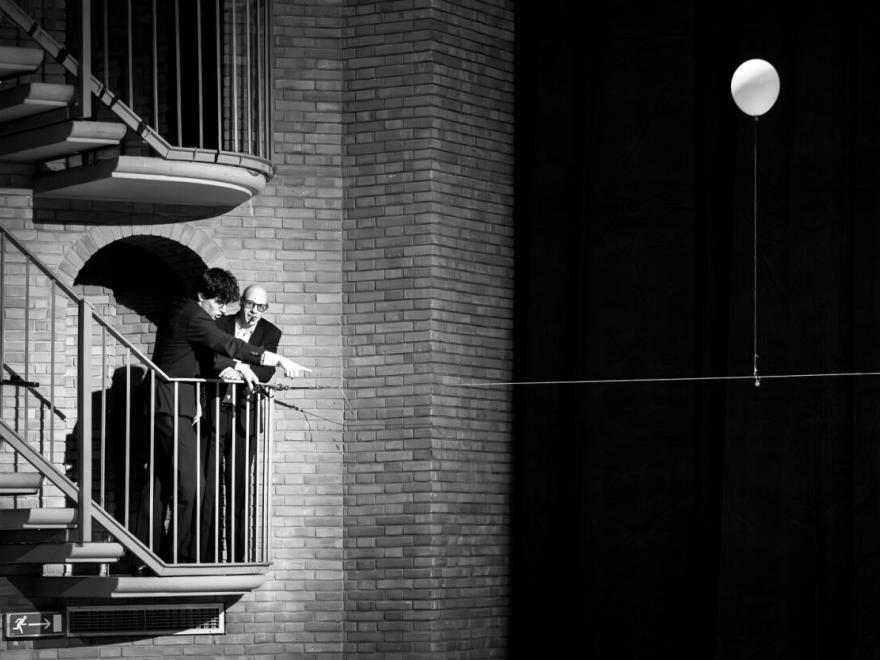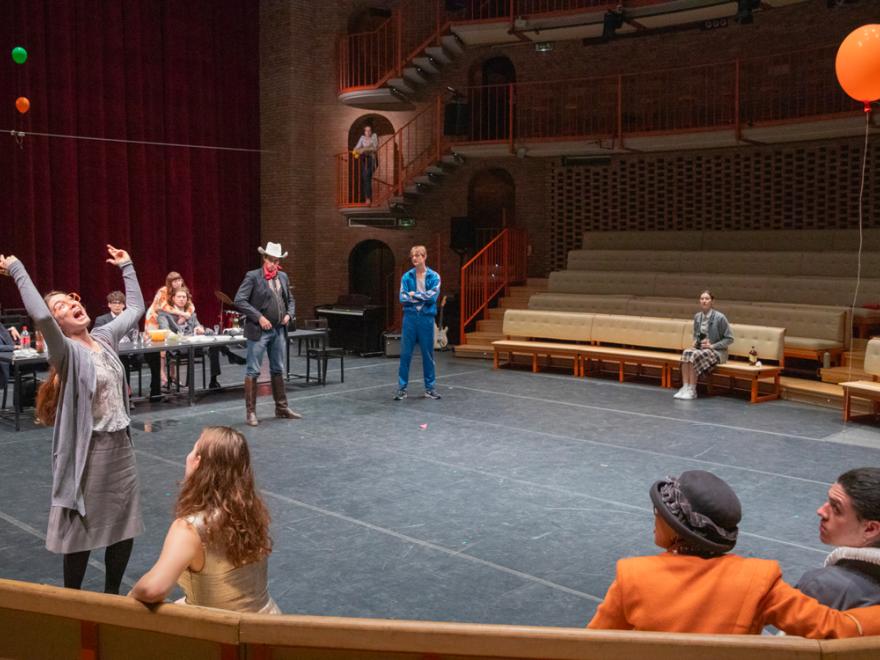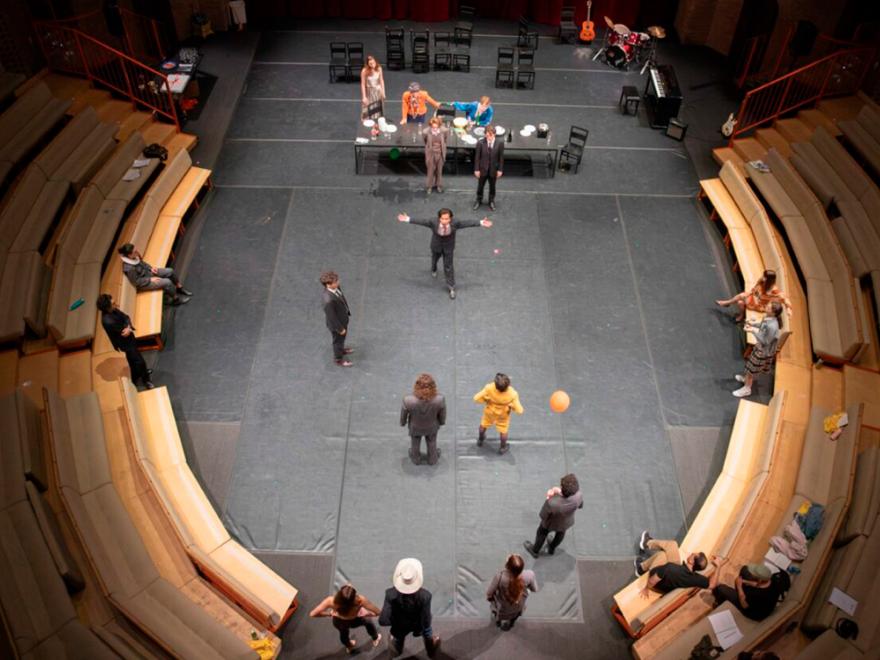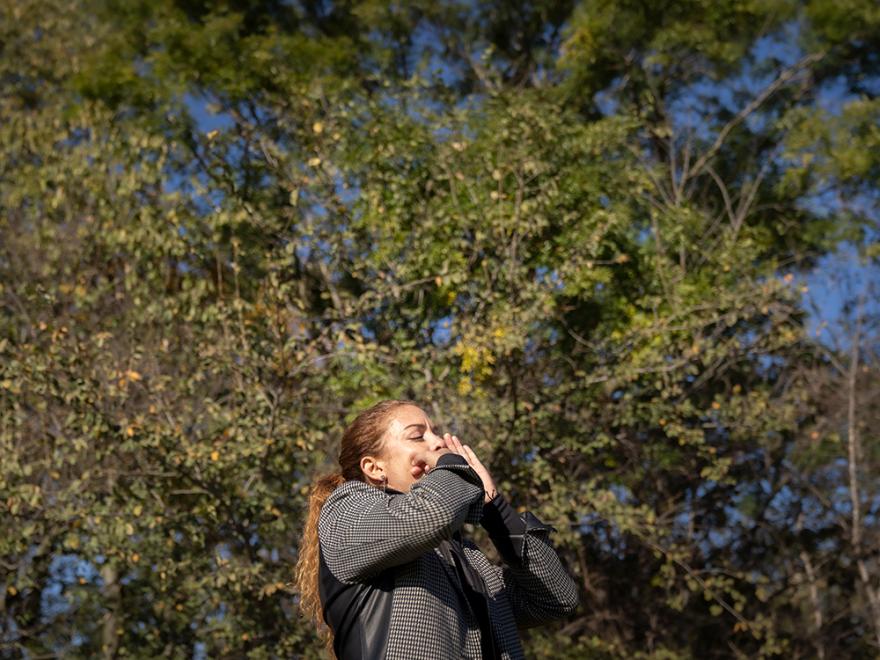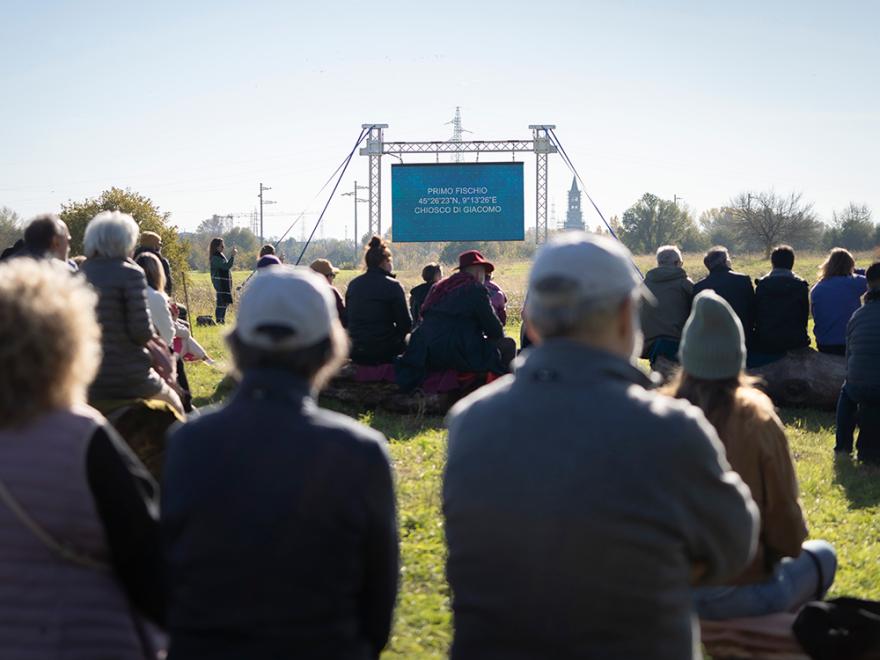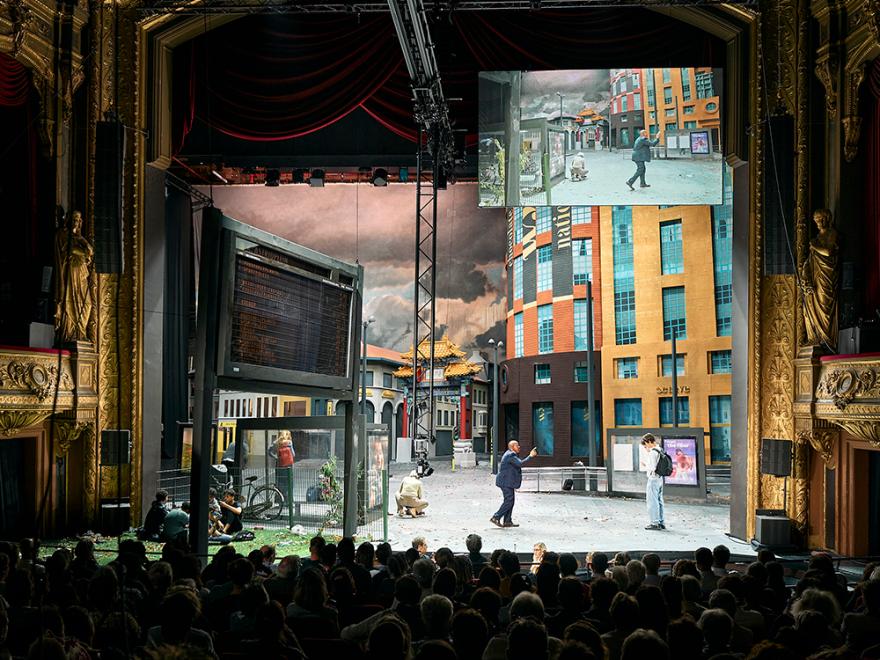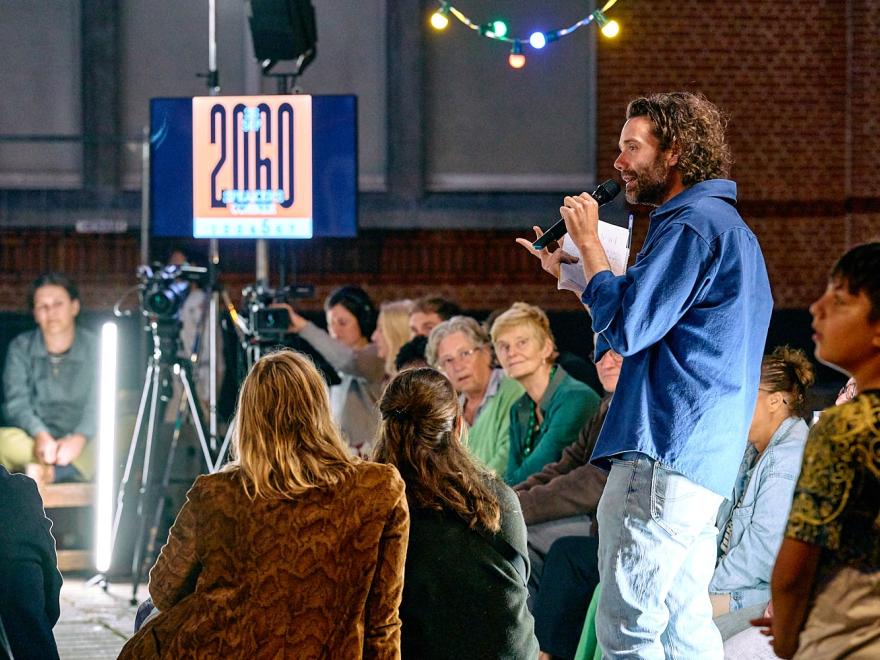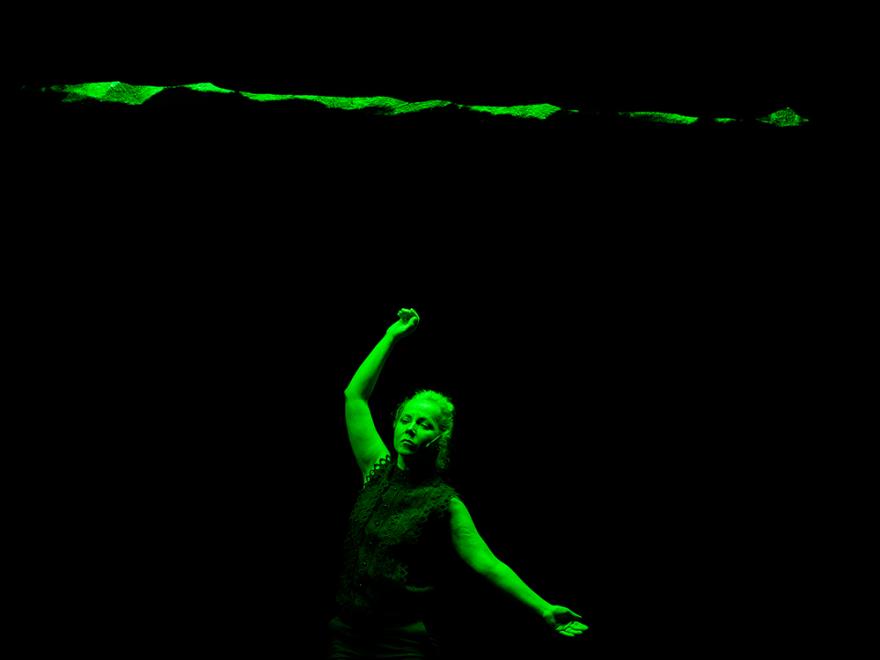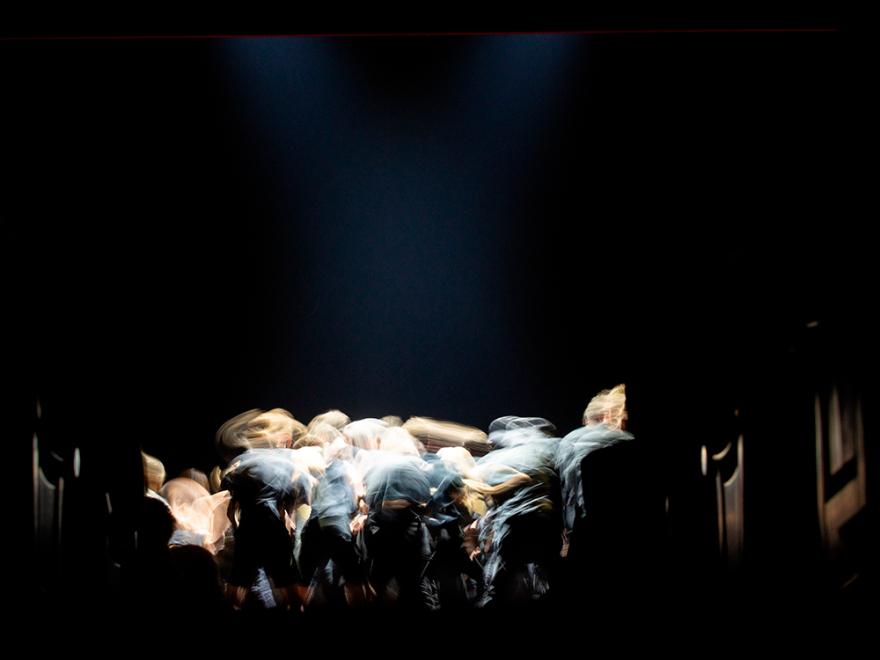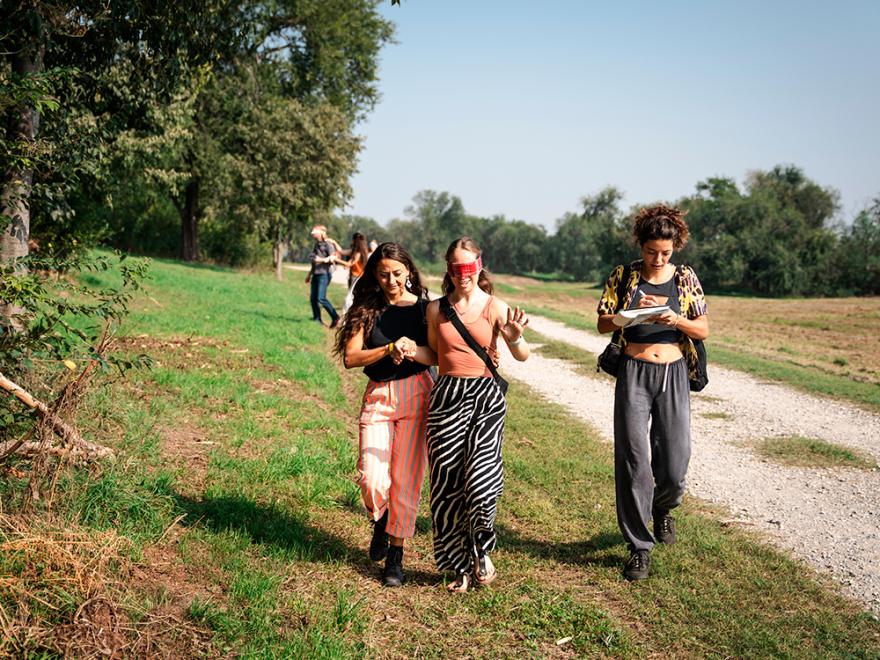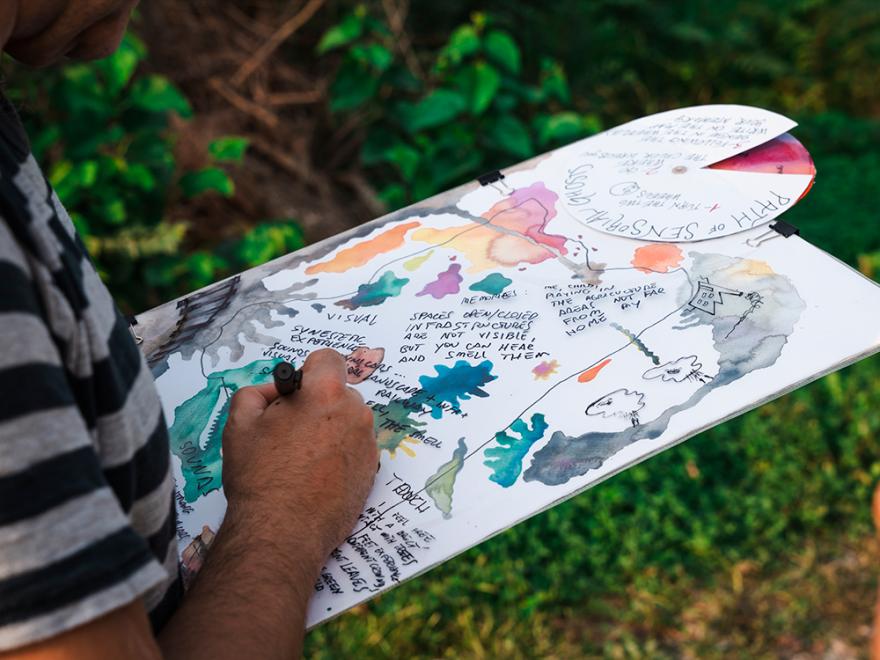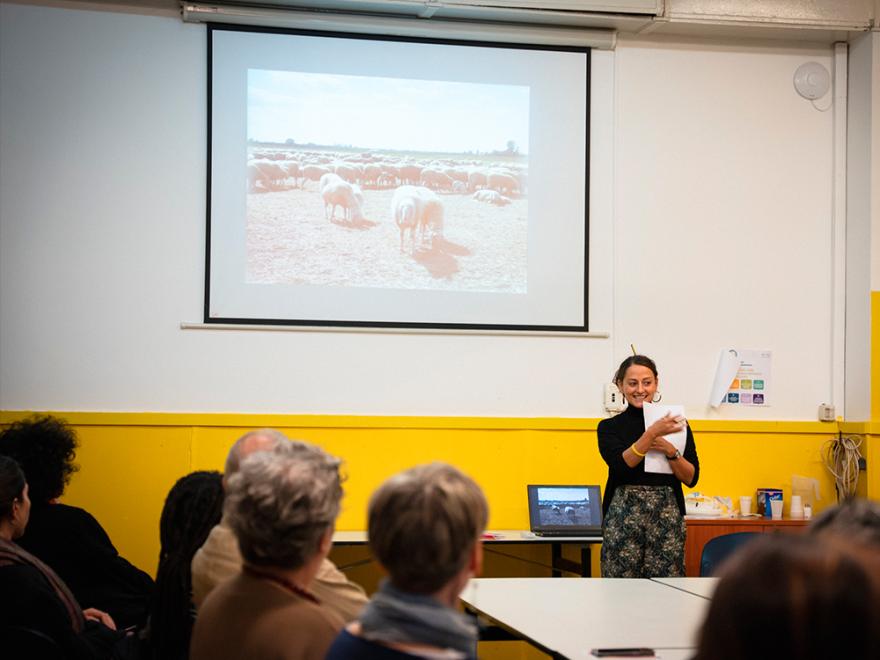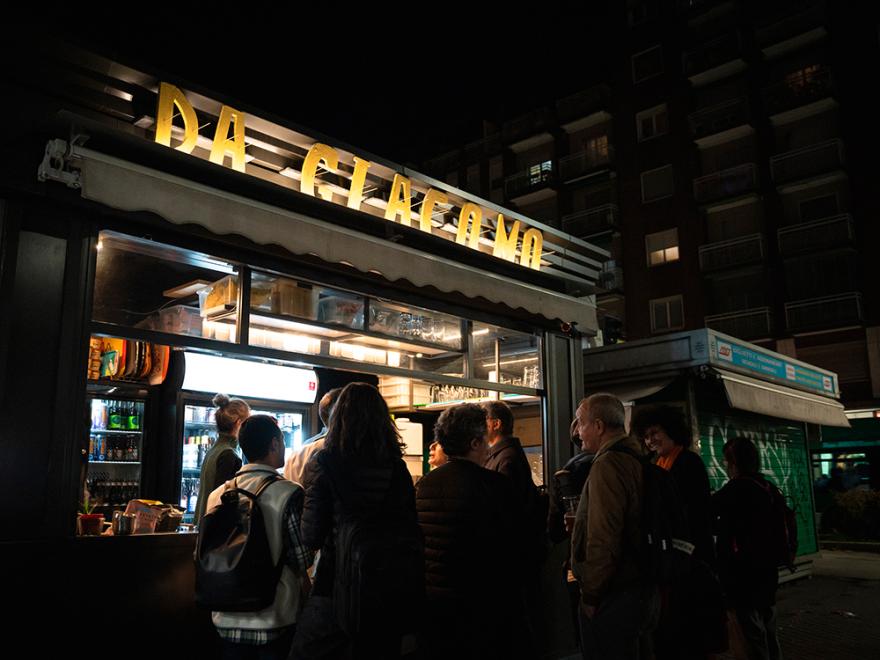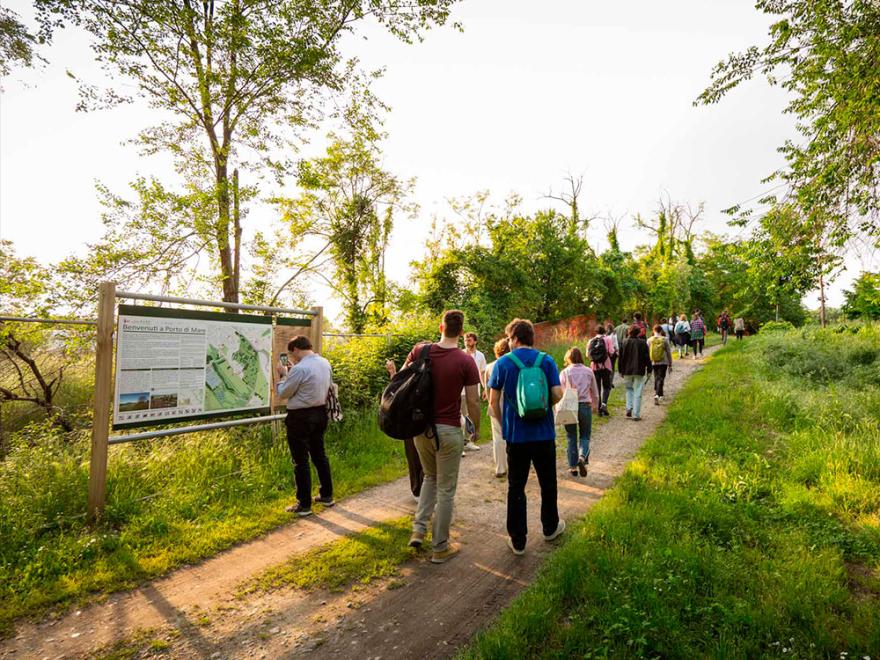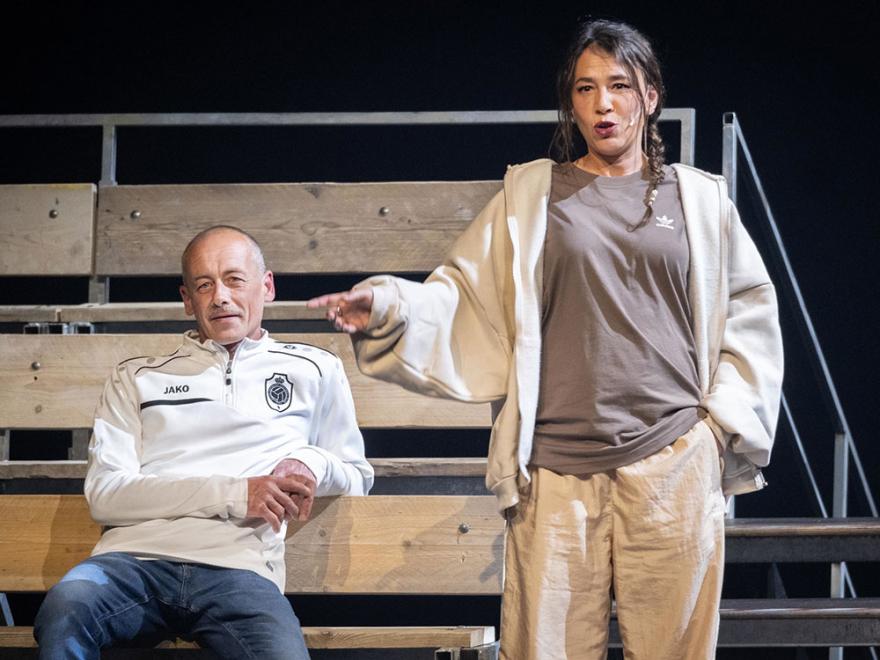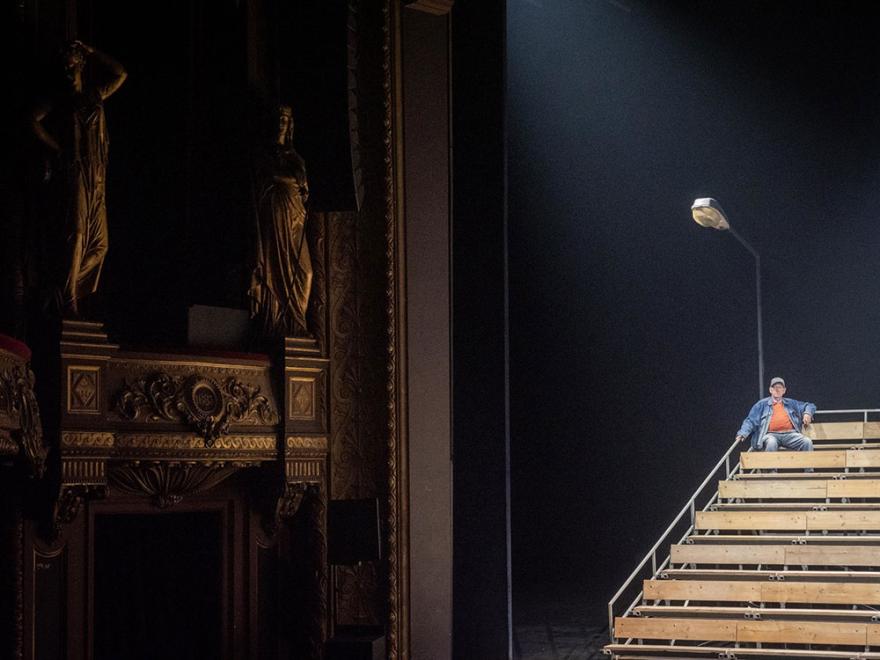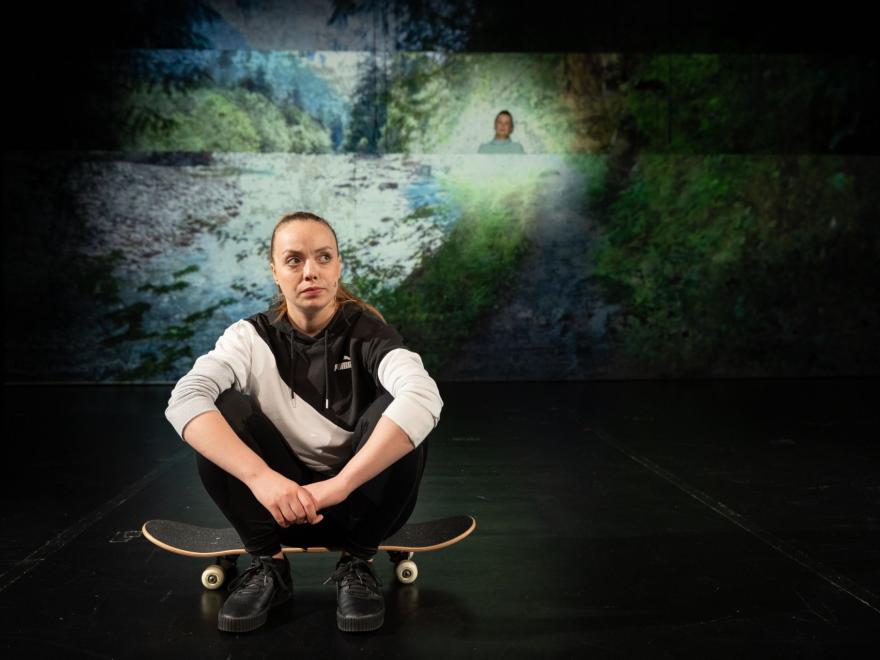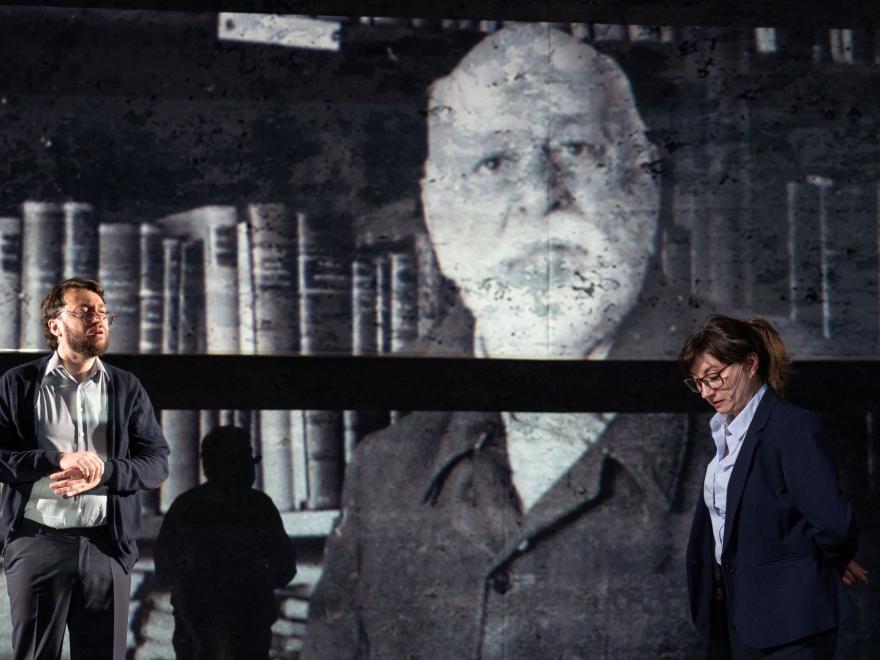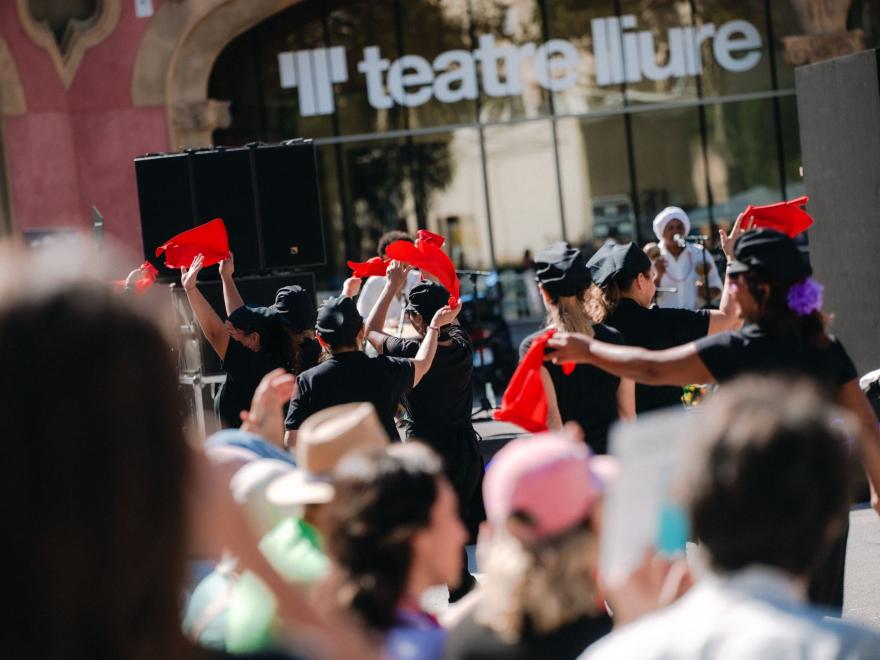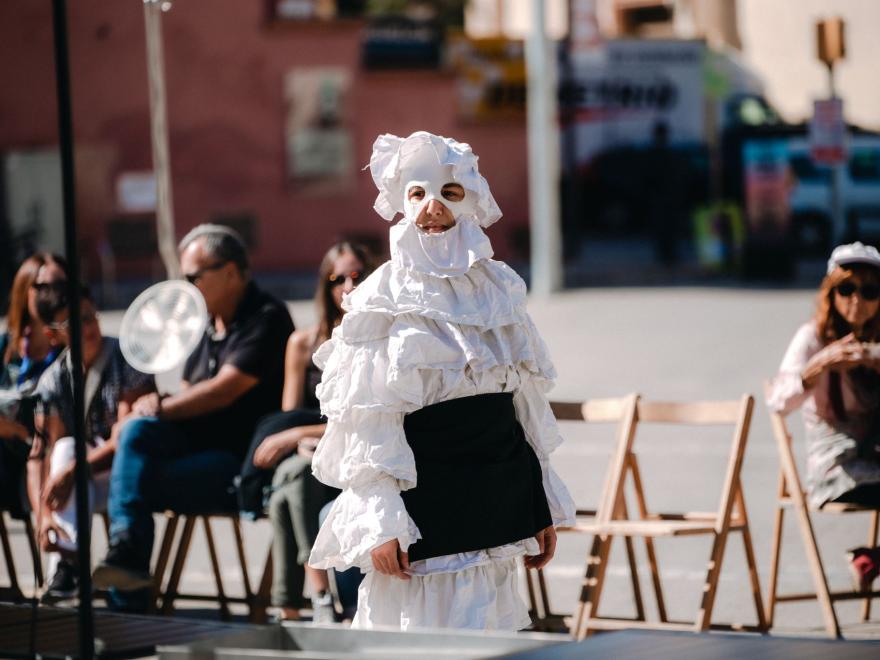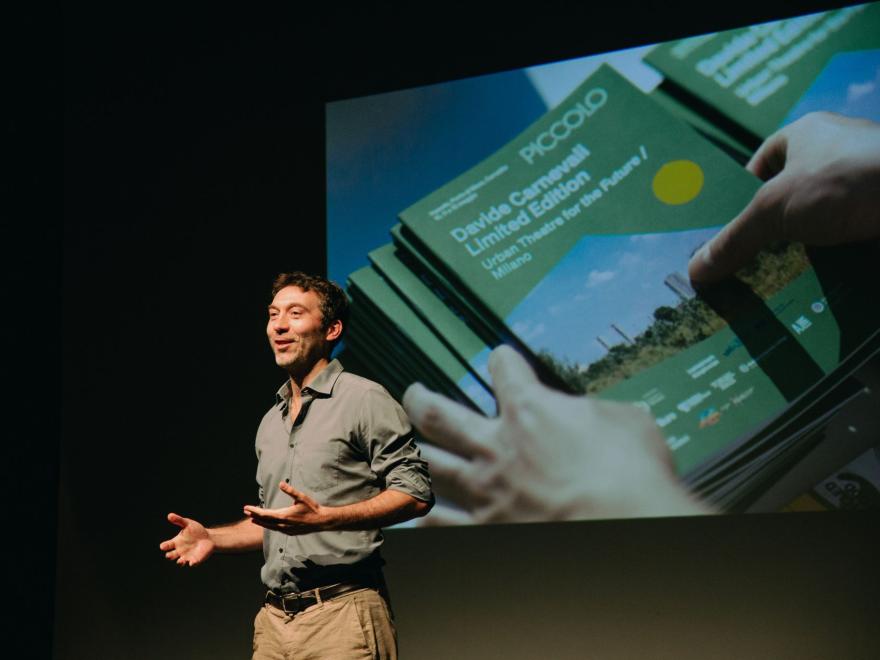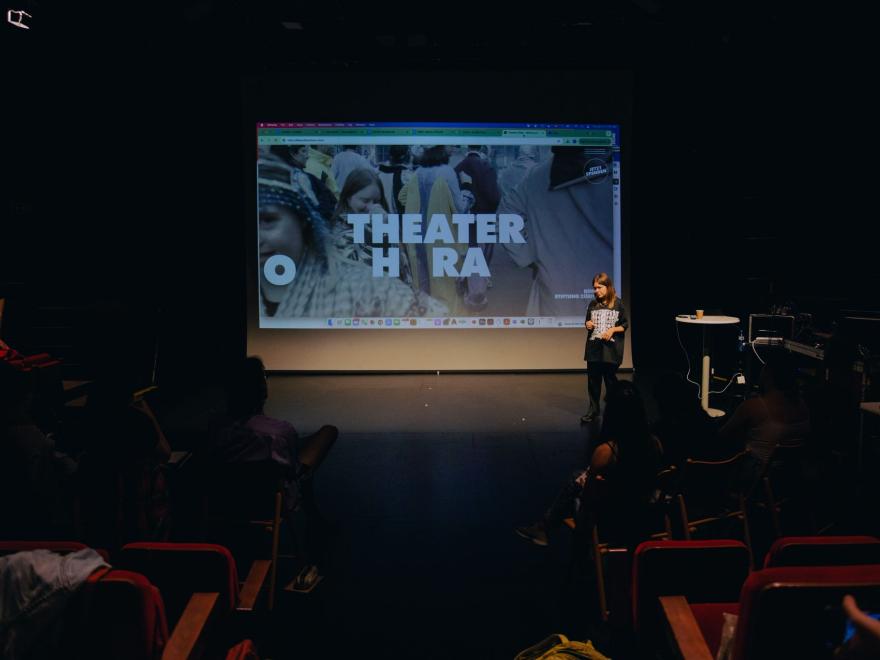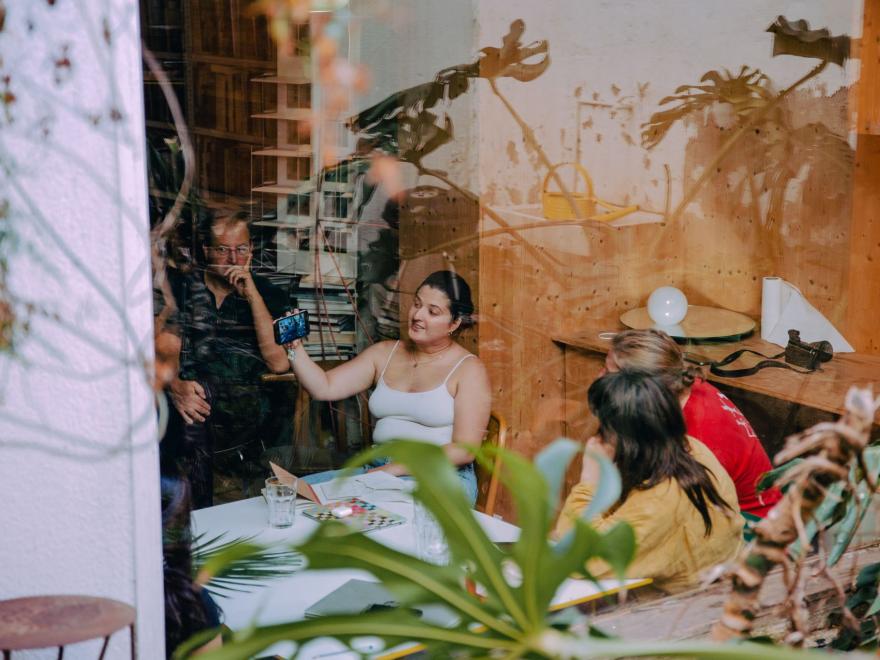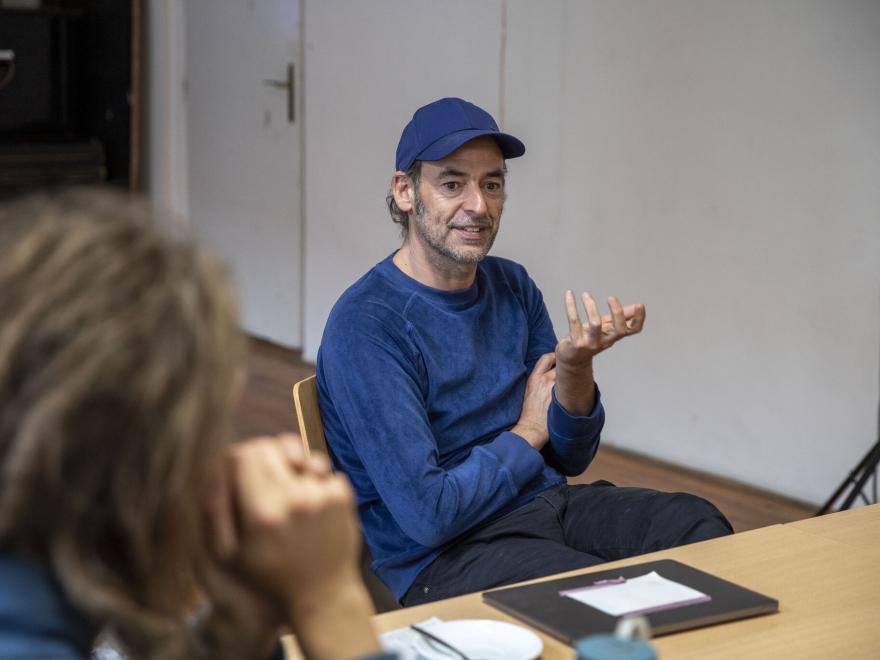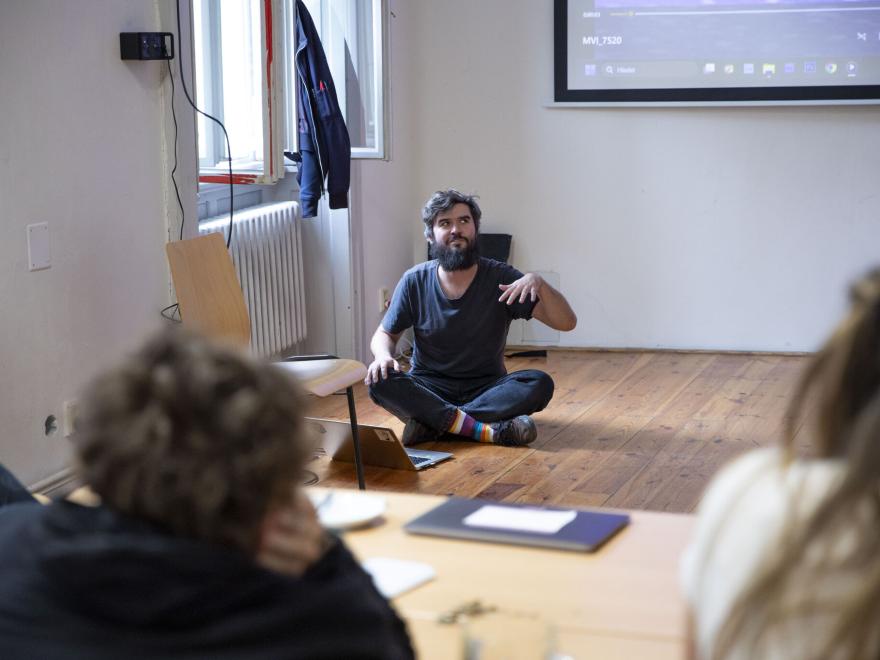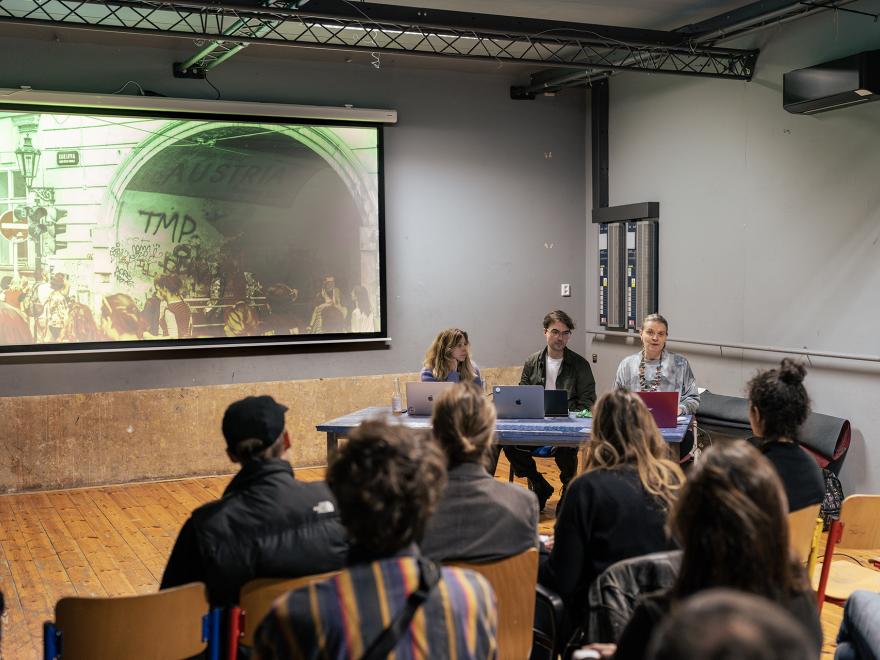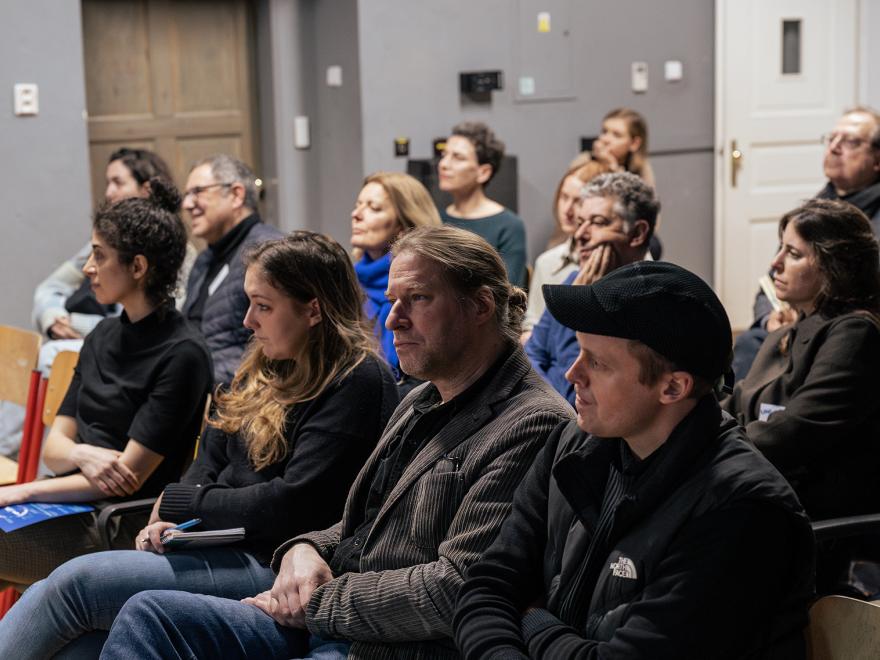Theatre criticism and accounts in periodical literature

Theatre criticism and accounts in periodical literature
Thanks to the support of Regione Lombardia, and in particular funding from the Avviso Unico Cultura 2018 initiative, our library offers the public its catalogue of theatrical periodicals, a collection of approximately 200 Italian and foreign magazines, some of which date back to the Nineteenth century and others that are extremely hard to find in Italy. The collection is unmatched in Italy in terms of size, range and historical importance.
The catalogue, which has grown throughout our history, has more than one hundred titles, and includes scripts, information on national and international theatre life, reviews, critical writings and in-depth articles.
The main aim of the project has been to ensure the availability of a conspicuous collection of periodicals to students, scholars, enthusiasts and researchers, thus providing access to a theatre library collection of extreme importance in terms of quality and extent, all under one roof.
As well as the uploading of the titles into the Italian National Public Library OPAC, approximately 600 articles, chosen for their cultural interest (critical writings, specific focuses, reviews, scripts and interviews) have been scrutinised with particular attention to the history of the Piccolo, to our most celebrated productions, and to the founders Giorgio Strehler and Paolo Grassi.
The articles chosen offer a wide-ranging view of the history of the performing arts, customs and the media, and uncover many of the varied cultural events that, since the mid-1900s, have marked the evolution of our theatre in relation to the Milanese scene and the wider international context.
The many contributions that can be cited for their importance in the field of theatre study include:
- Vito Pandolfi, Vicende della vita e dell'opera di Brecht, «Sipario», I/1, 1946, pages 40-41
- Luciano Lucignani, Stanislavski, Shakespeare e realismo. Un esempio pratico di come il regista russo applicava il suo "metodo", tanto famoso quanto poco conosciuto, «Sipario», IV/43, 1949, pages 13-15 and 74-75
- Eligio Possenti, Le recite a Parigi del più grande attore italiano Ruggero Ruggeri. Miracolo dell'arte scenica, «Il Dramma», XXVI/112, 1 July 1950, pages 30-31
- Arturo Lazzari, Umanesimo di Brecht, «Il Dramma», XXXII/239-240, August-September 1956, pages 83-85
- Luigi Pestalozza, Regia e opera, «Sipario», XIX/224, 1964, pages 5-13
- Jan Kott, Teatro e letteratura, «Sipario», XXIII/264, 1968, pages 6-9
- Bernard Dort a colloquio con Peter Stein, «Sipario», XXVIII/320, 1973, pages 30-33
- Franco Perrelli, Incontrare Strindberg, «STILB», I/6, 1981, pages 21-30
- Ruccello. Una drammaturgia sui corpi [intervista], «Sipario», XLI/466, 1987, pages 70-74.
There is also a generous selection of articles by respected names, including:
- Eugenio Montale, La malattia del copione, «Sipario», I/2, 1946, pages 9-10
- Luigi Pirandello, Eleonora Duse, «Il Dramma», XLII/362-363, November-December 1966, pages 65-71
- Giovanni Testori, Io e Amleto, «Sipario», XXVI/299, 1971, page 29
- Dario Fo, Giù le mani dalla maschera, «Sipario», XLIII/482, 1988, pages 38-40
- Peter Brook, L'arte come veicolo. Il teatro di Grotowski tra ricerca antropologica e ideale artistico, «Sipario», XLIII/482, 1988, pages 54-55
- Franco Parenti, L’attore oggi, «Sipario», XLIII/482, 1988, pages 66-67.
In addition, there are a considerable number of contributions offering a closer examination of our theatre and its leading figures, including:
- Paolo Grassi, Una città italiana ha il “suo” teatro, «Sipario», II/14, 1947, pages 11-12
- Nico Pepe, Giro artistico europeo del Piccolo Teatro di Milano. Noi e loro con i Sei personaggi. Appunti di un attore, «Il Dramma», XXIX/179, 1953, pages 55-59
- Intervista a quattr'occhi con Paolo Grassi: "Siamo riusciti a non far fumare i Milanesi a teatro", «Sipario», X/110, 1955, pages 2-3
- Tullio Kezich (edited by), Il diritto di sbagliare. A colloquio con Giorgio Strehler all'indomani delle sue dimissioni dal Piccolo Teatro, «Sipario», XXIII/268-269, 1968, pages 27-28
- Giorgio Strehler, Ha un senso far teatro alla TV?, «Sipario»,XXVI/300, 1971, pages 16-17
- Giorgio Strehler, Un teatro nuovo per affermare la vita, «Sipario», XXXIV, 399/400, 1979, pages 3-9
- Flavia Foradini, Una ricerca ininterrotta di Strehler su Verdi, «Sipario», XLIII/489, 1989, pages 48-50.
For further information and to book a visit to our library, contact us at archivio@piccoloteatromilano.it
